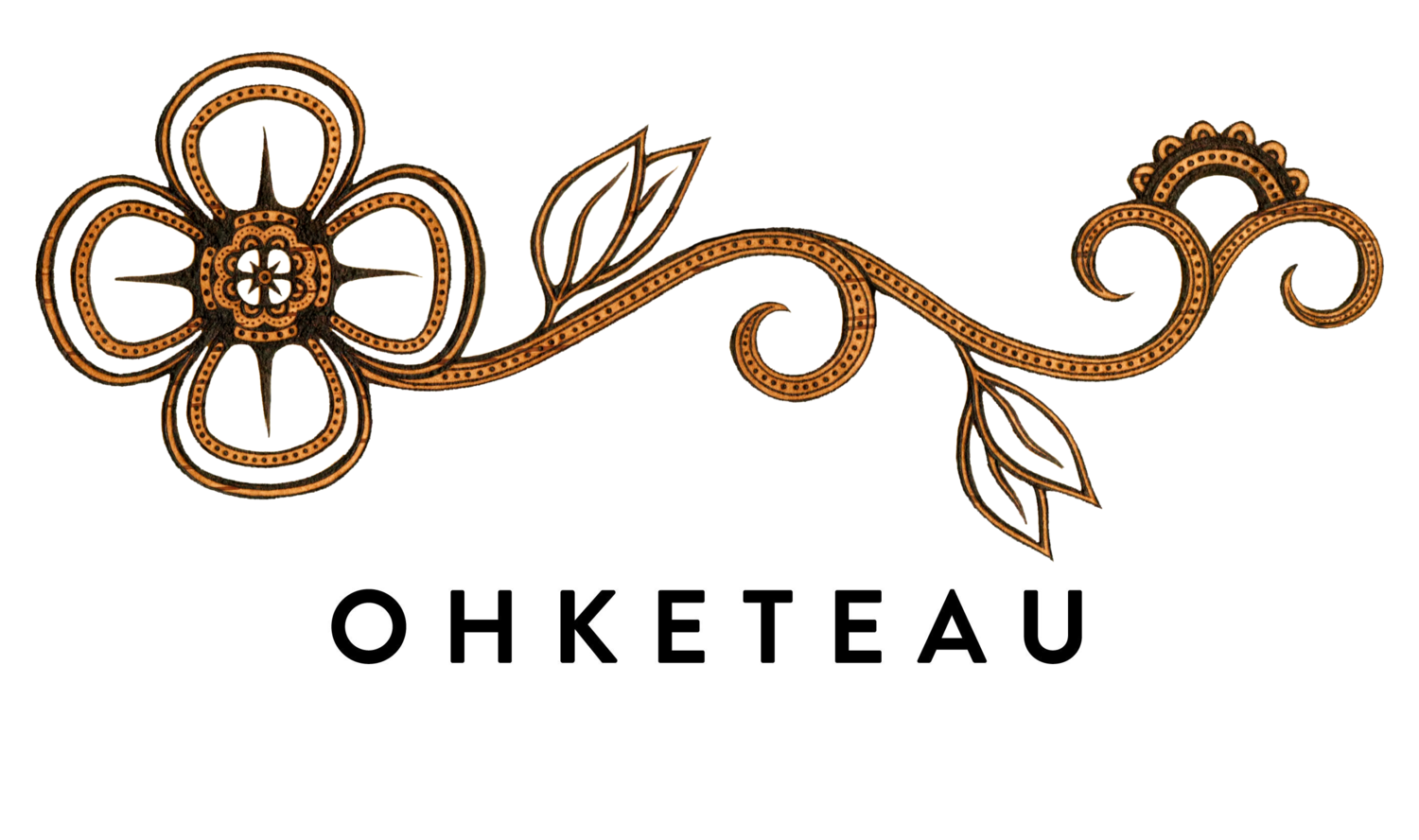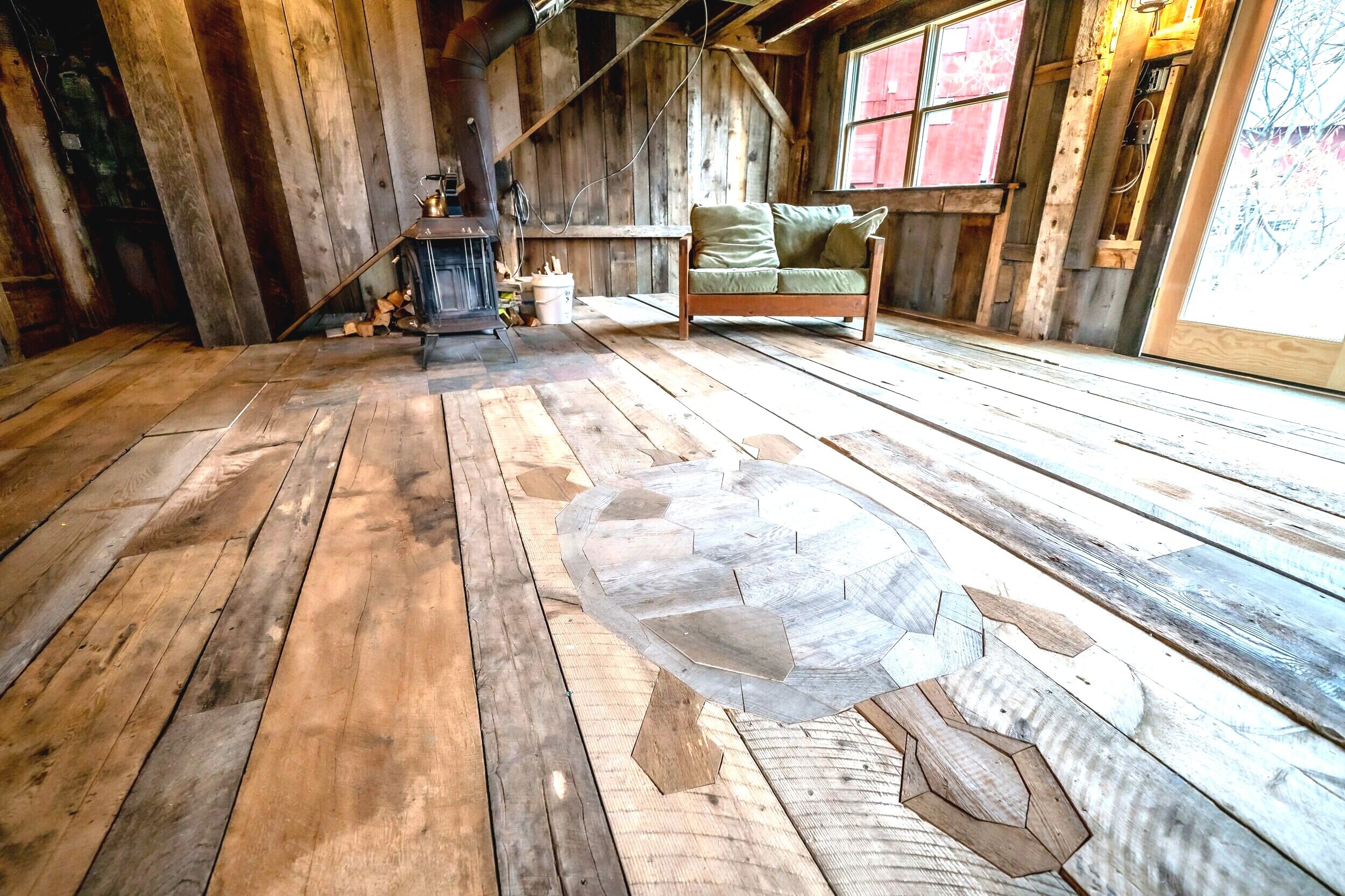

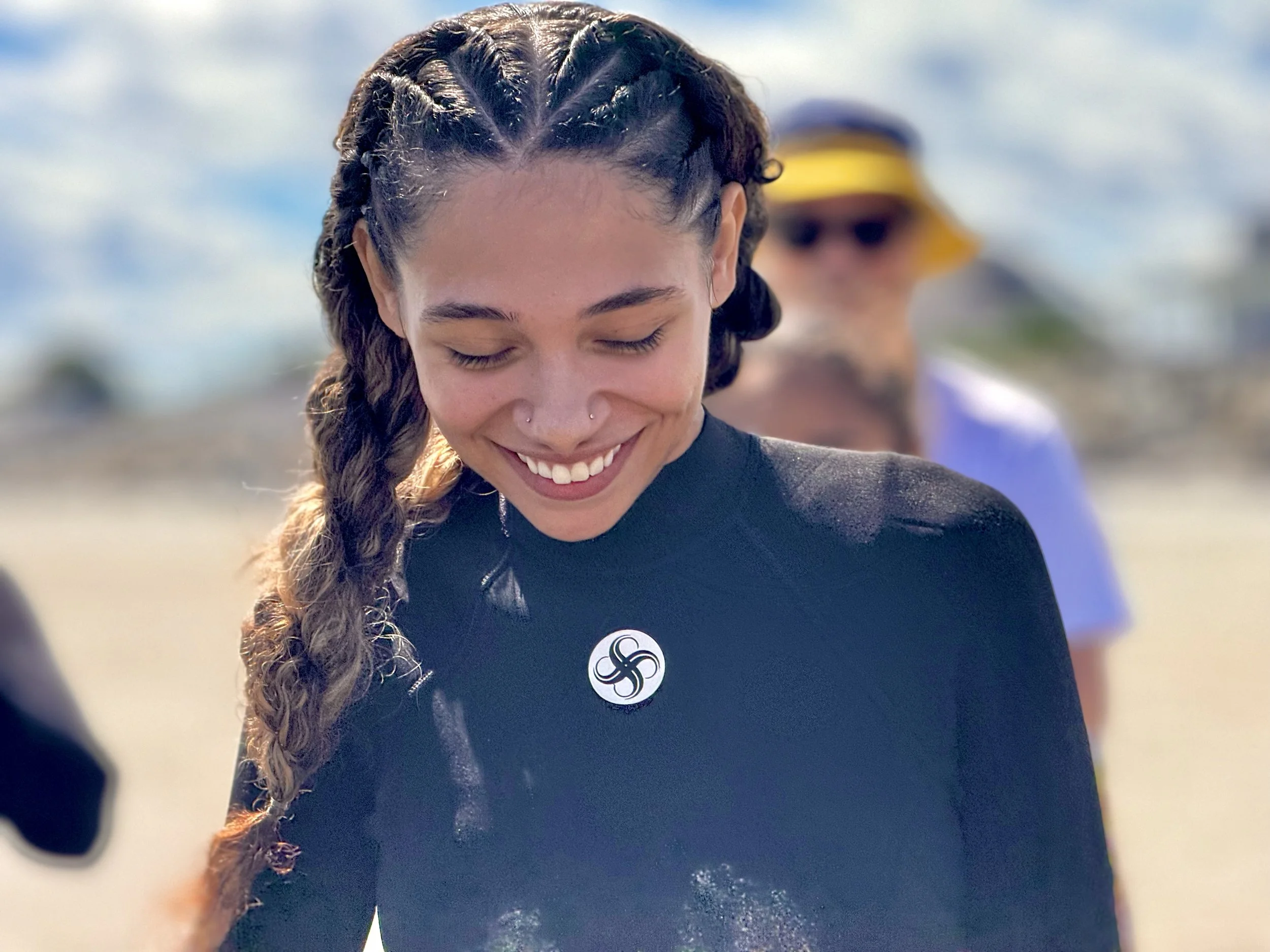
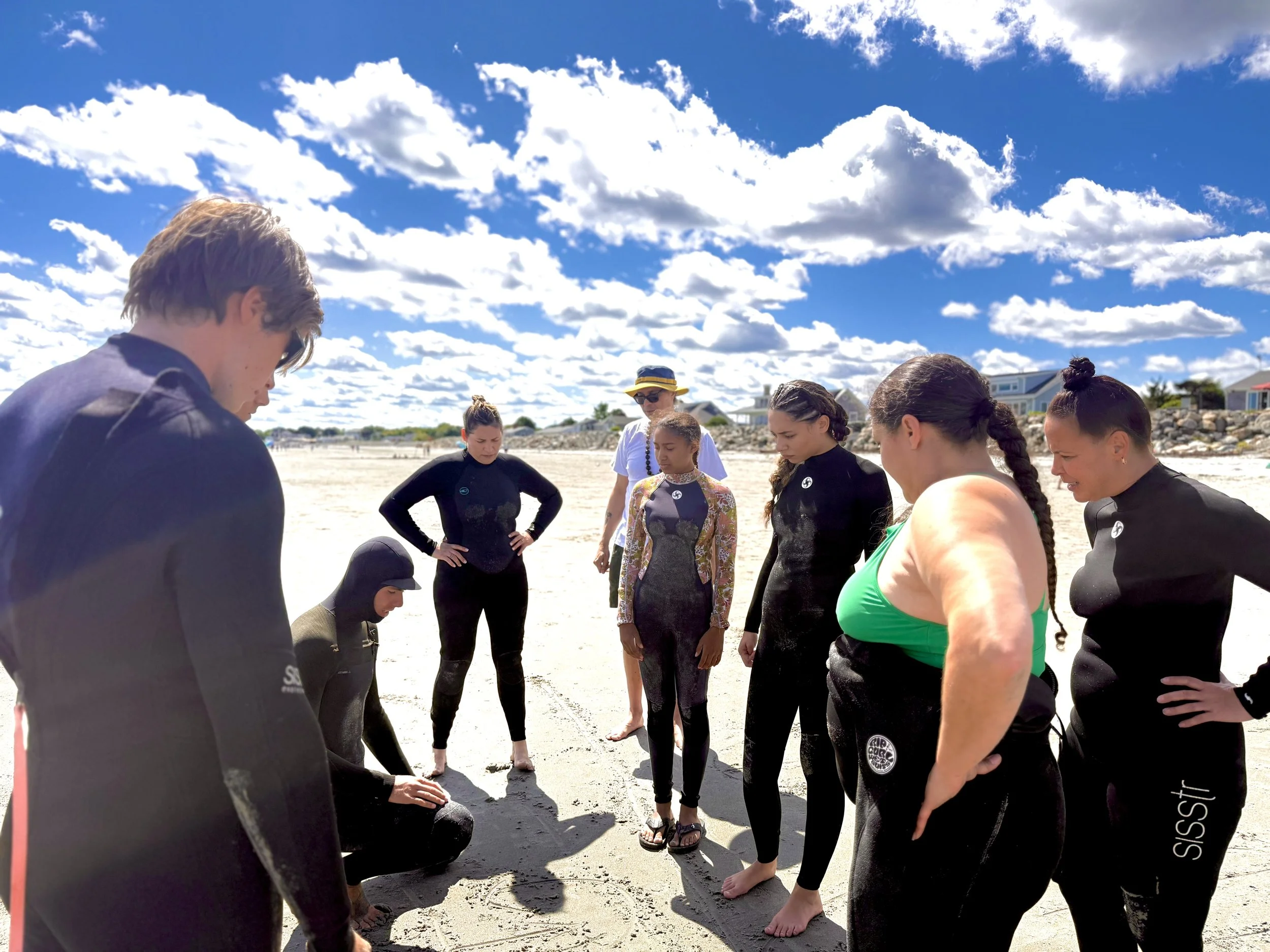
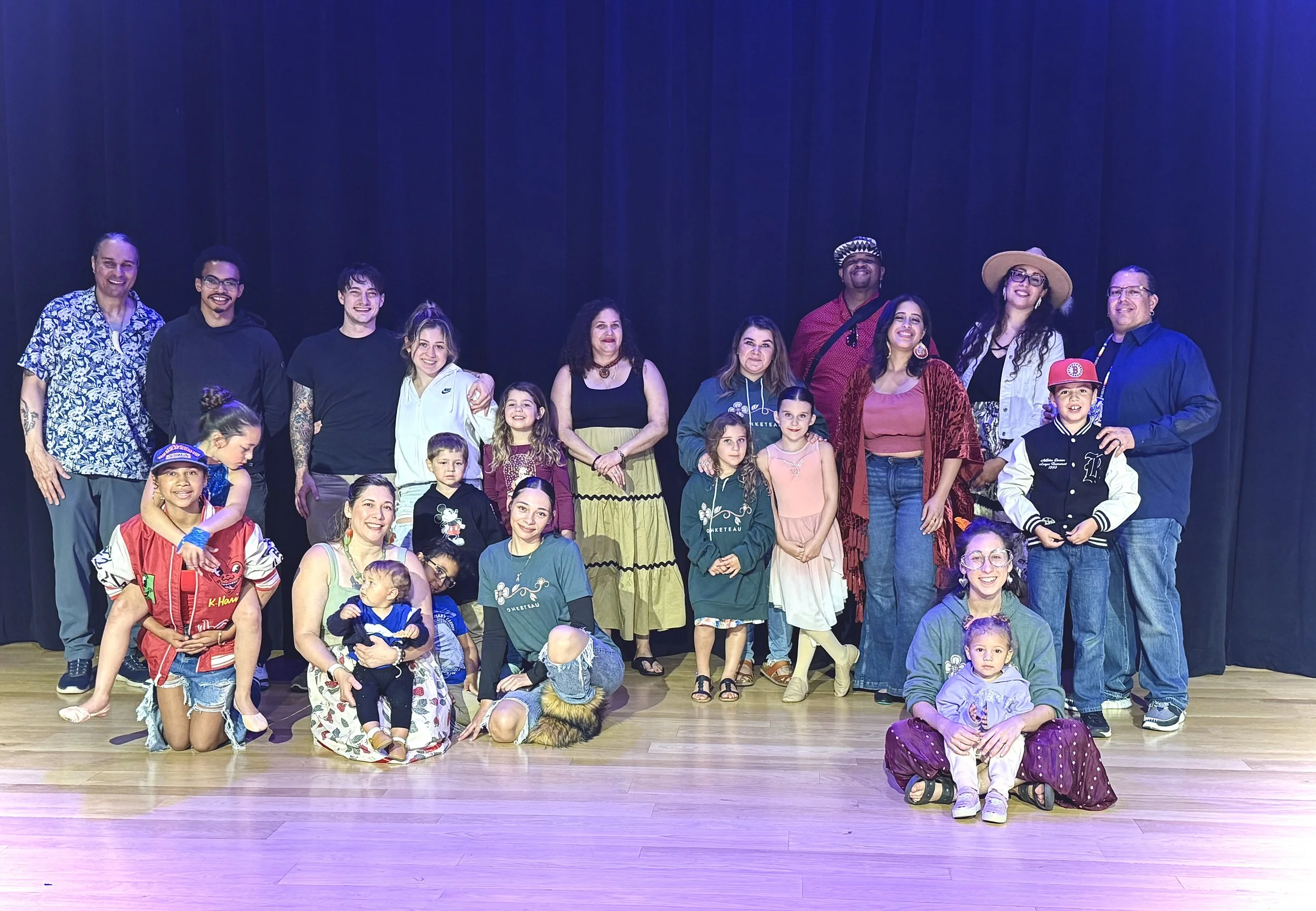
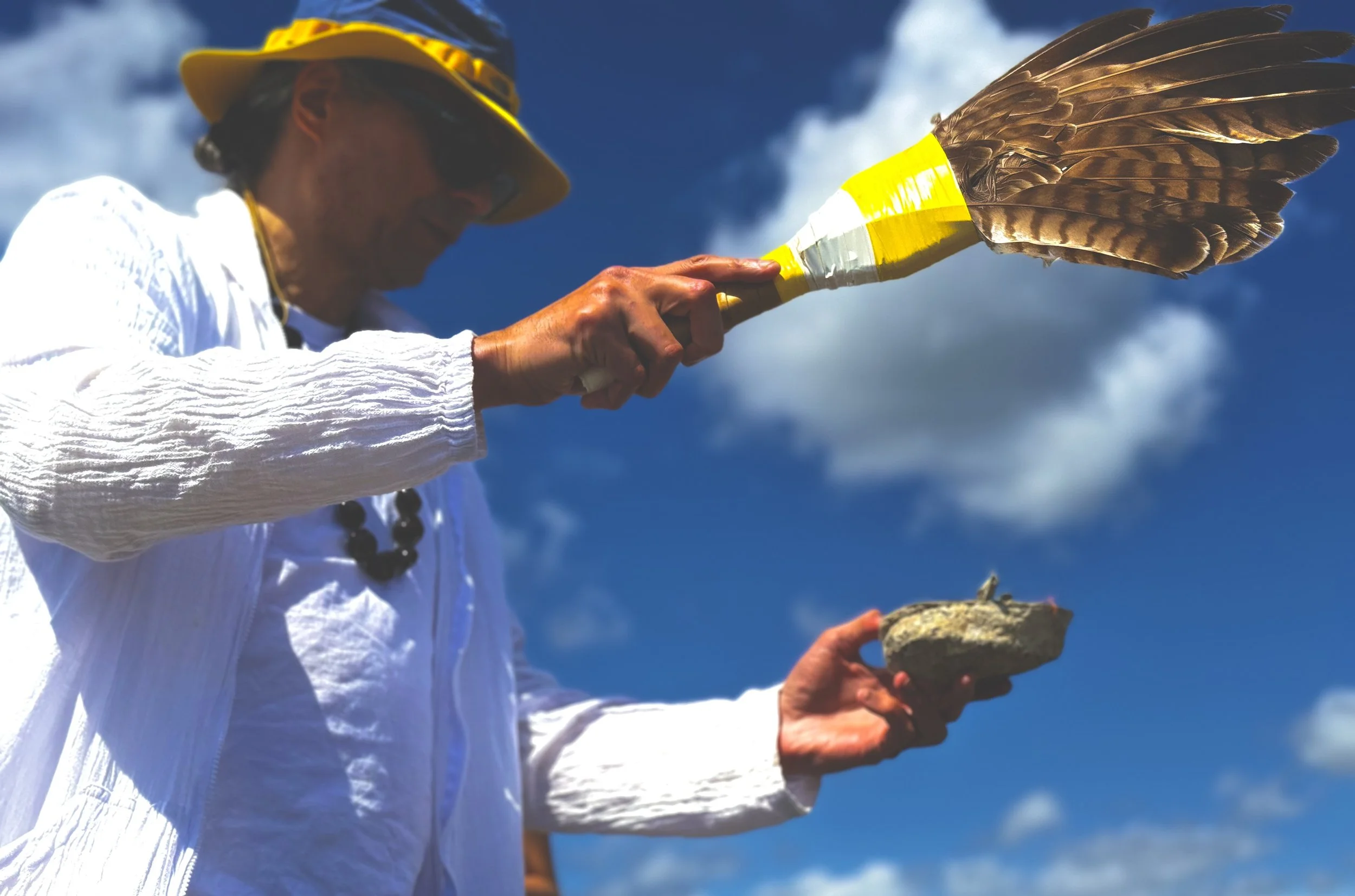
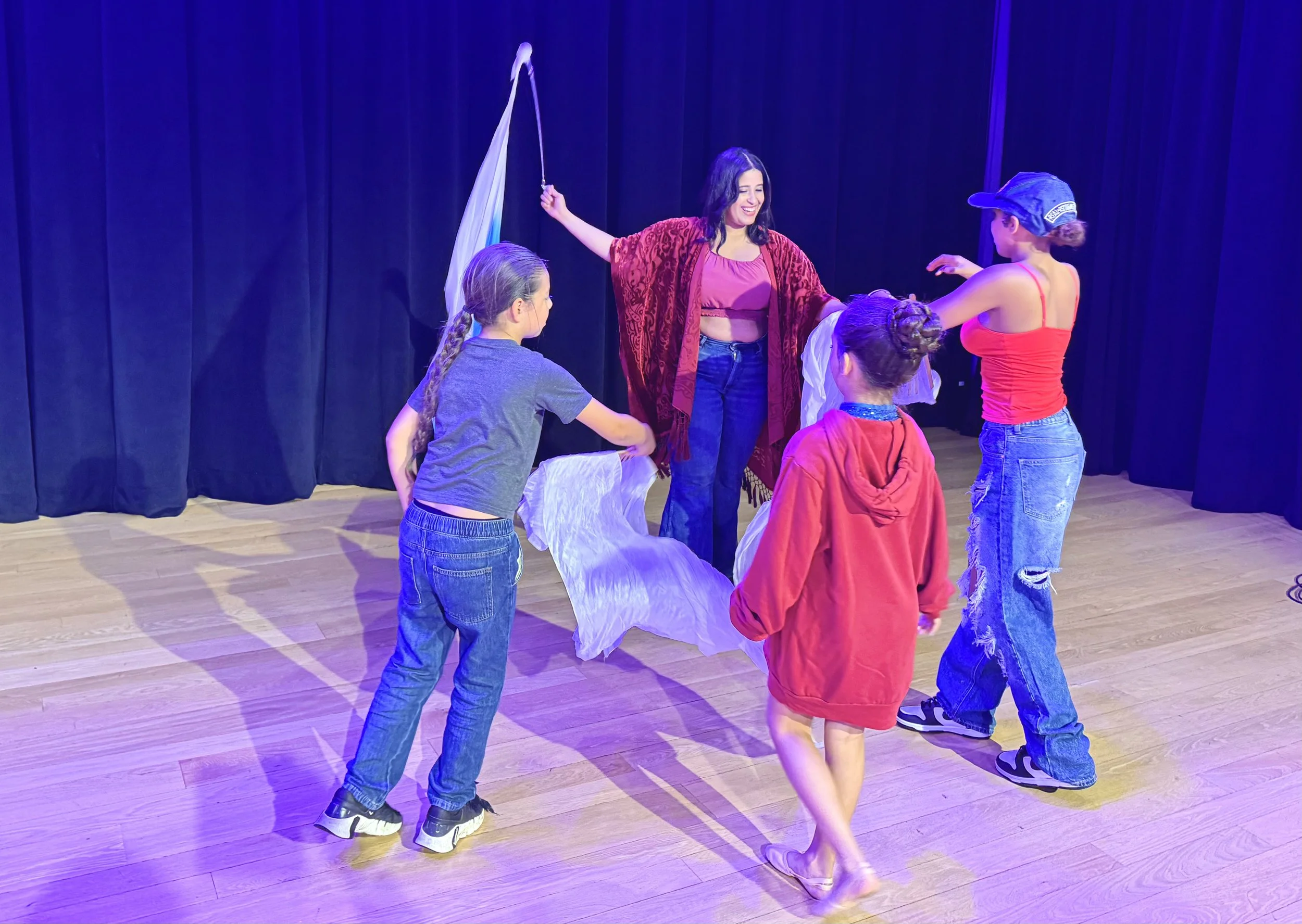
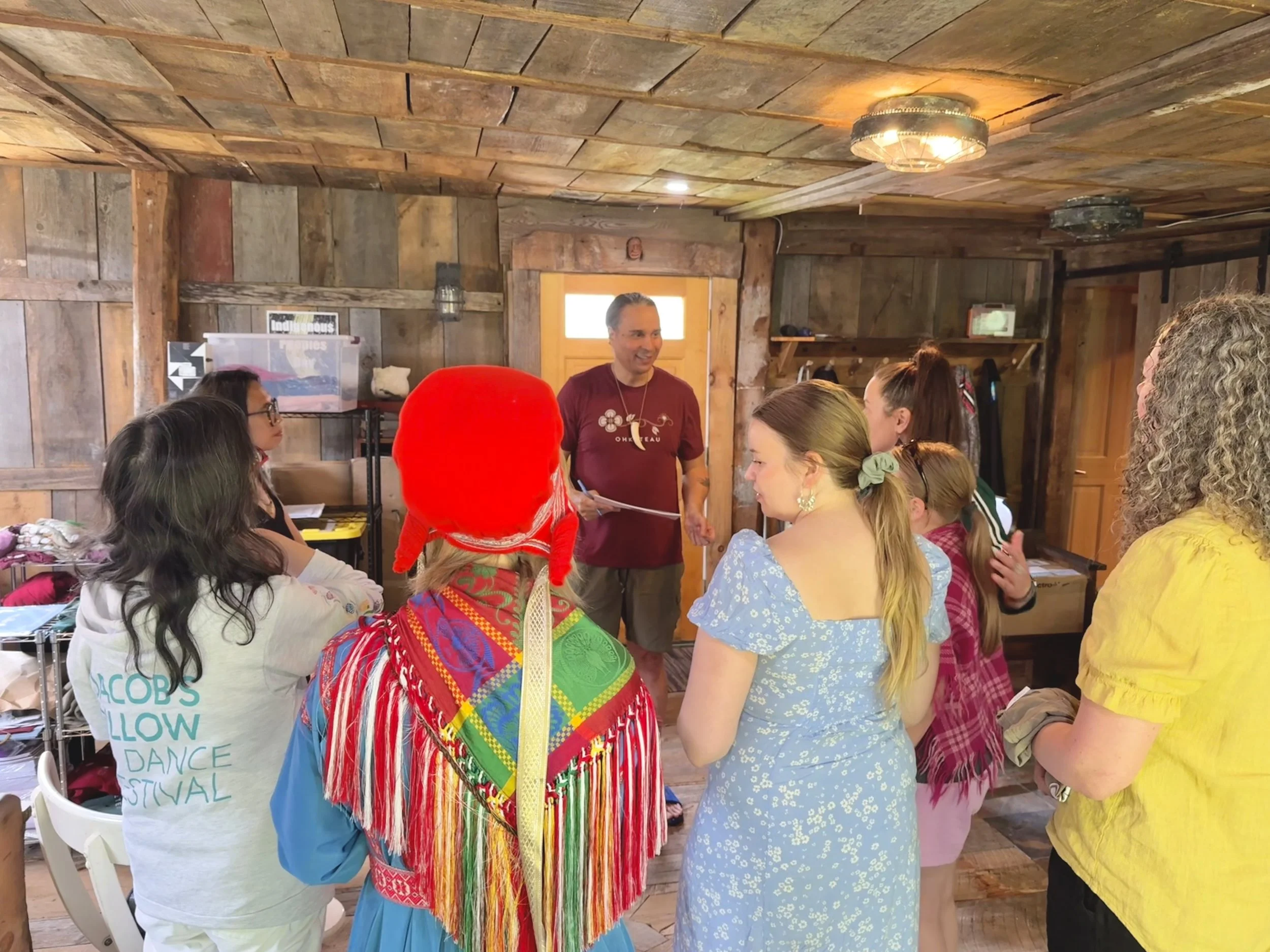
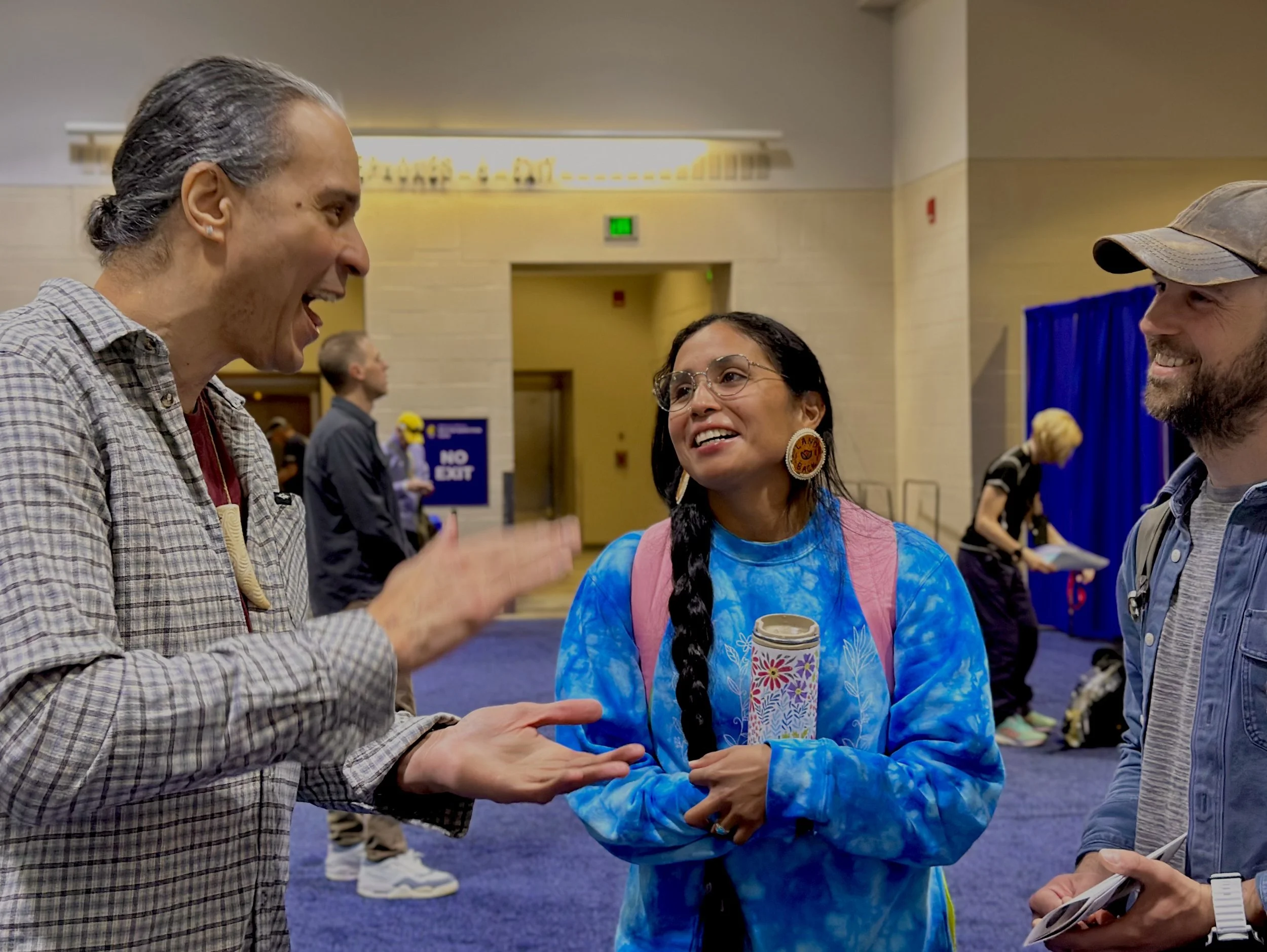
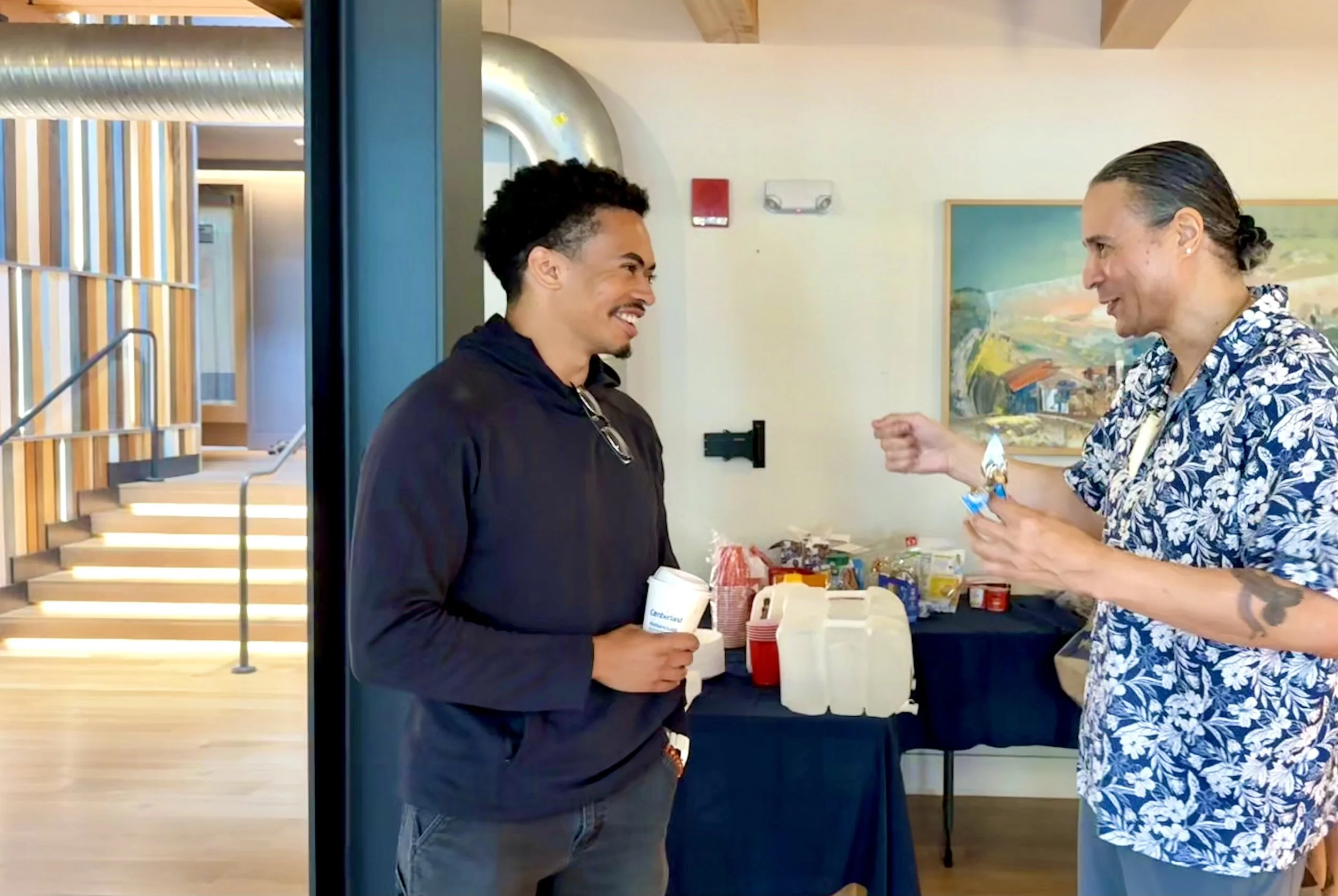
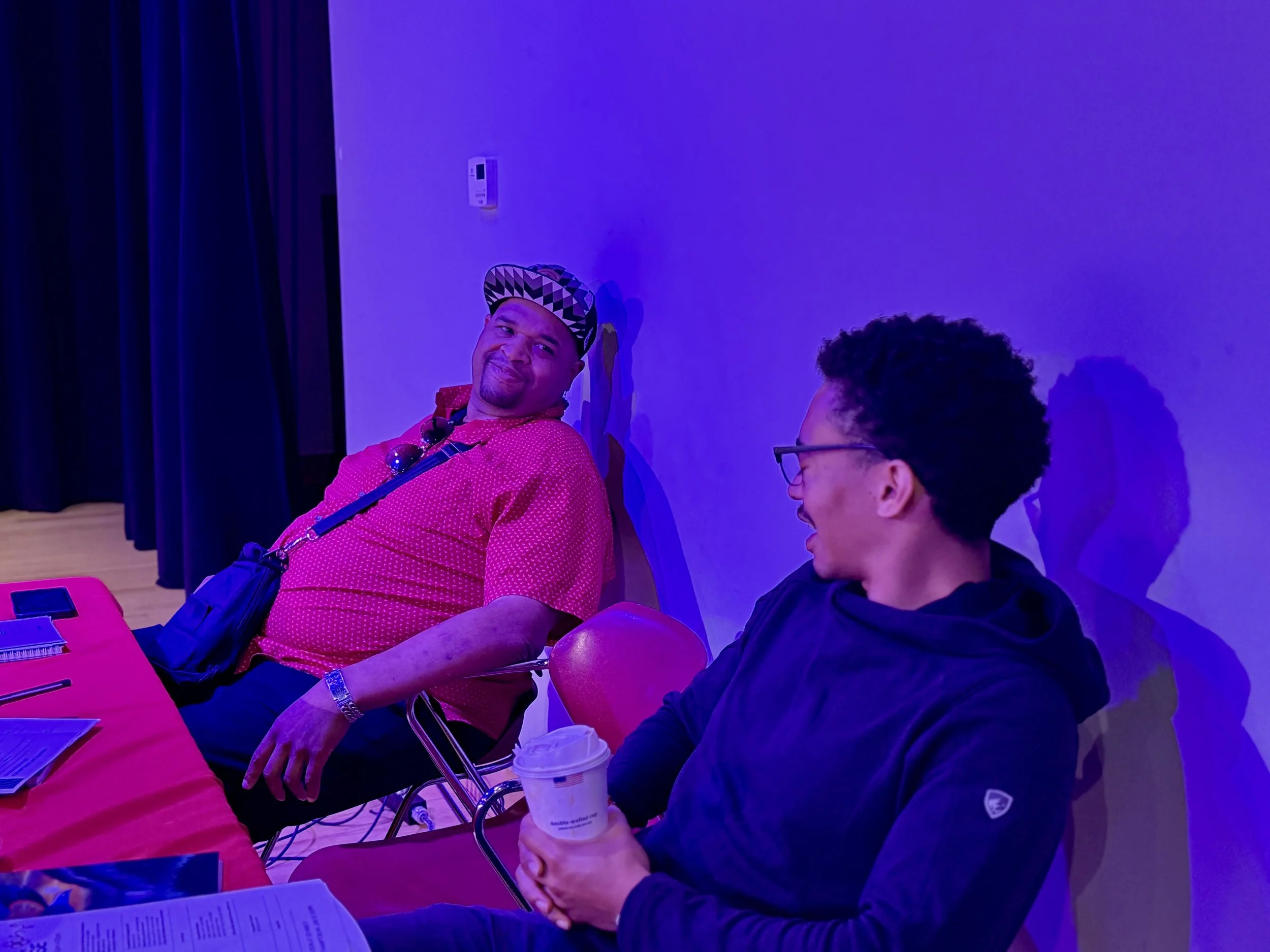

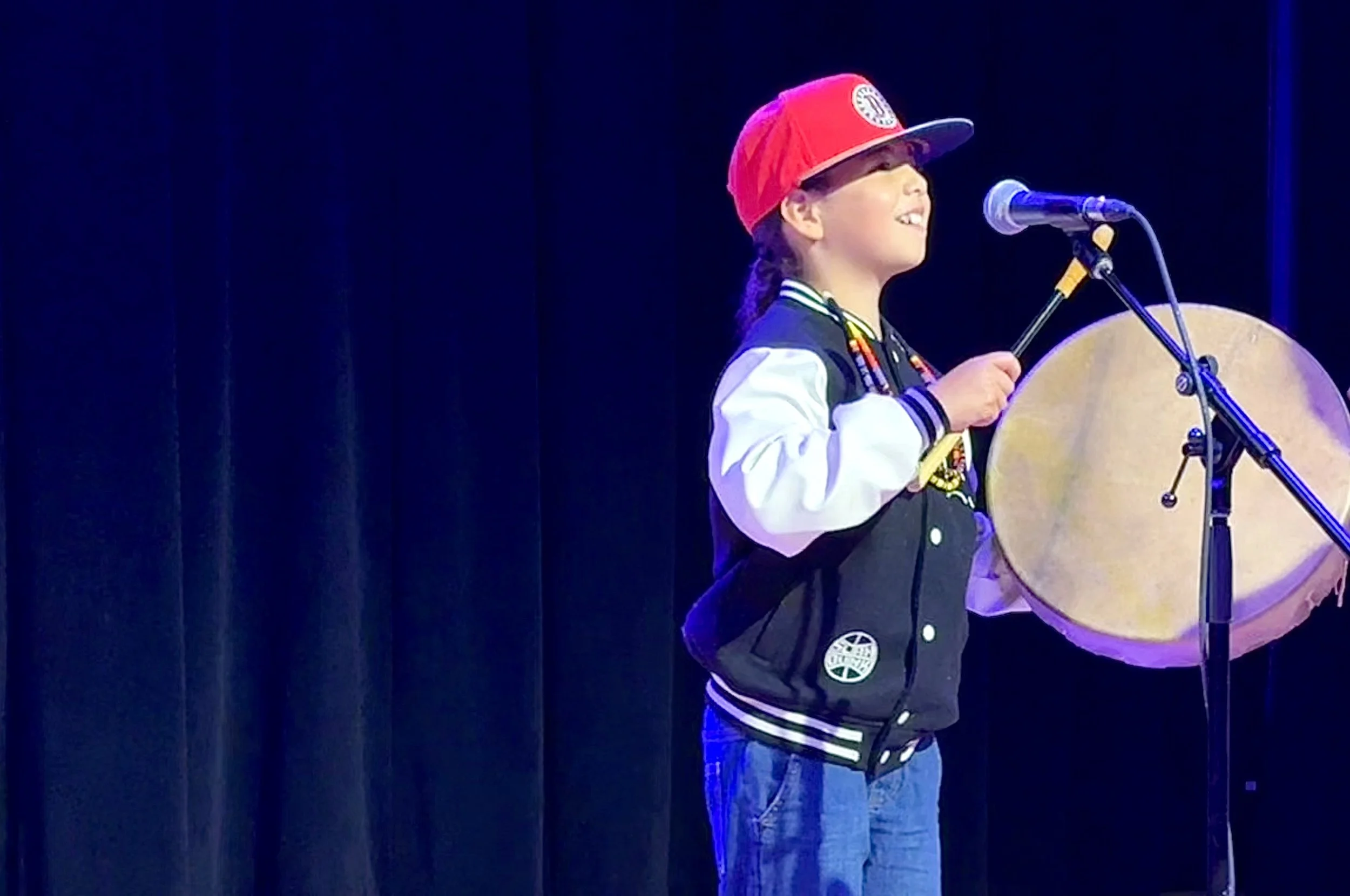
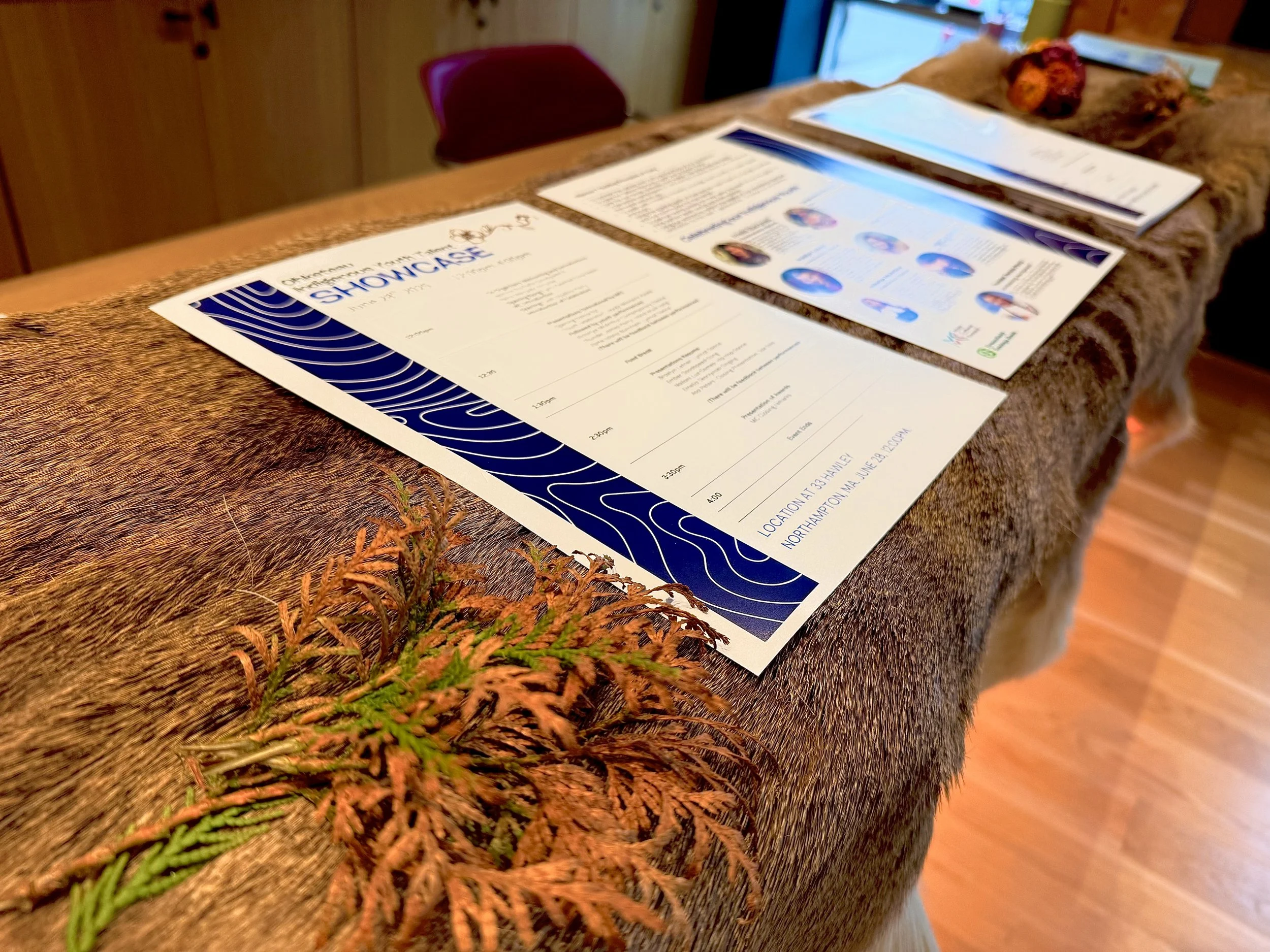
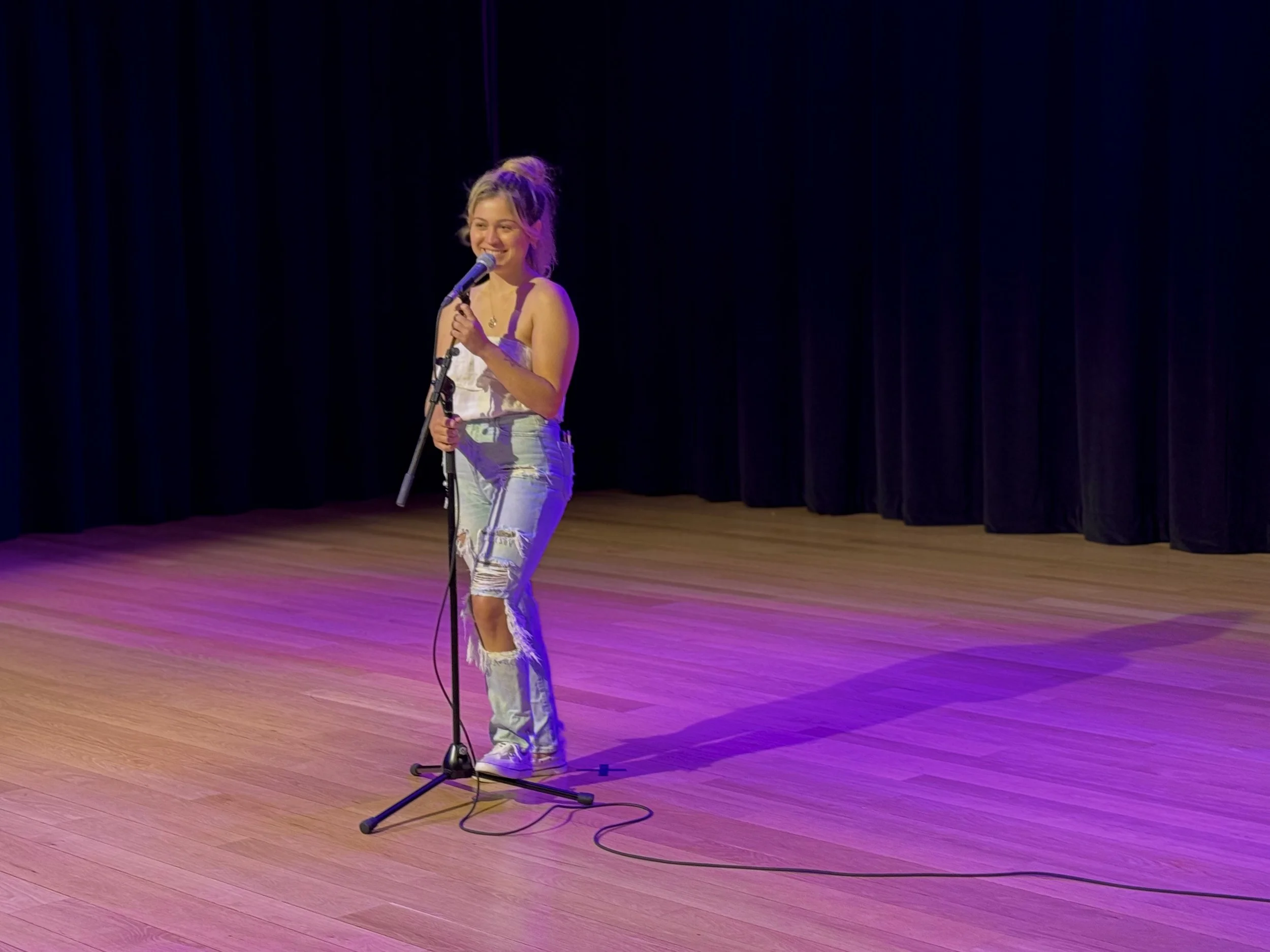
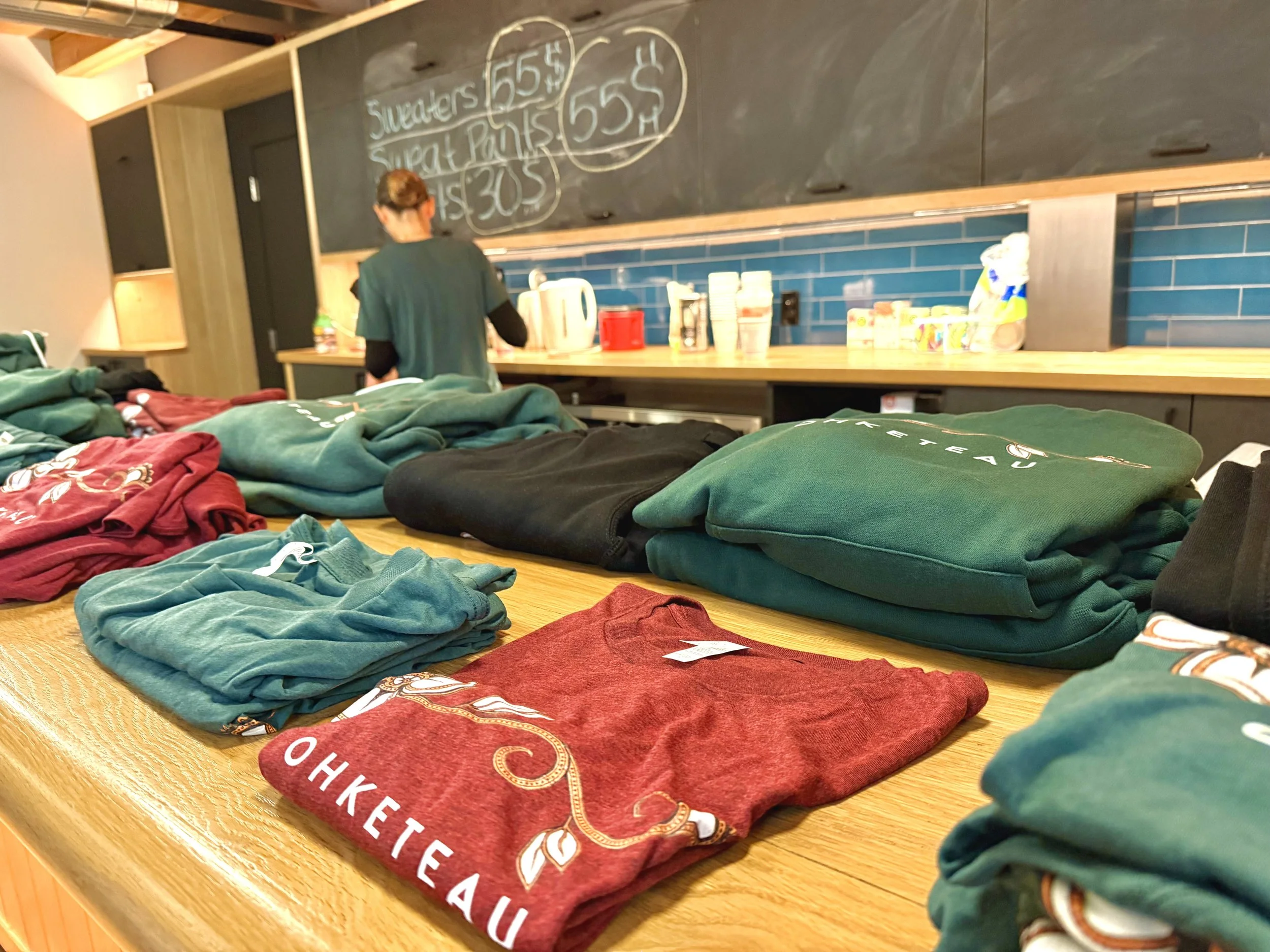
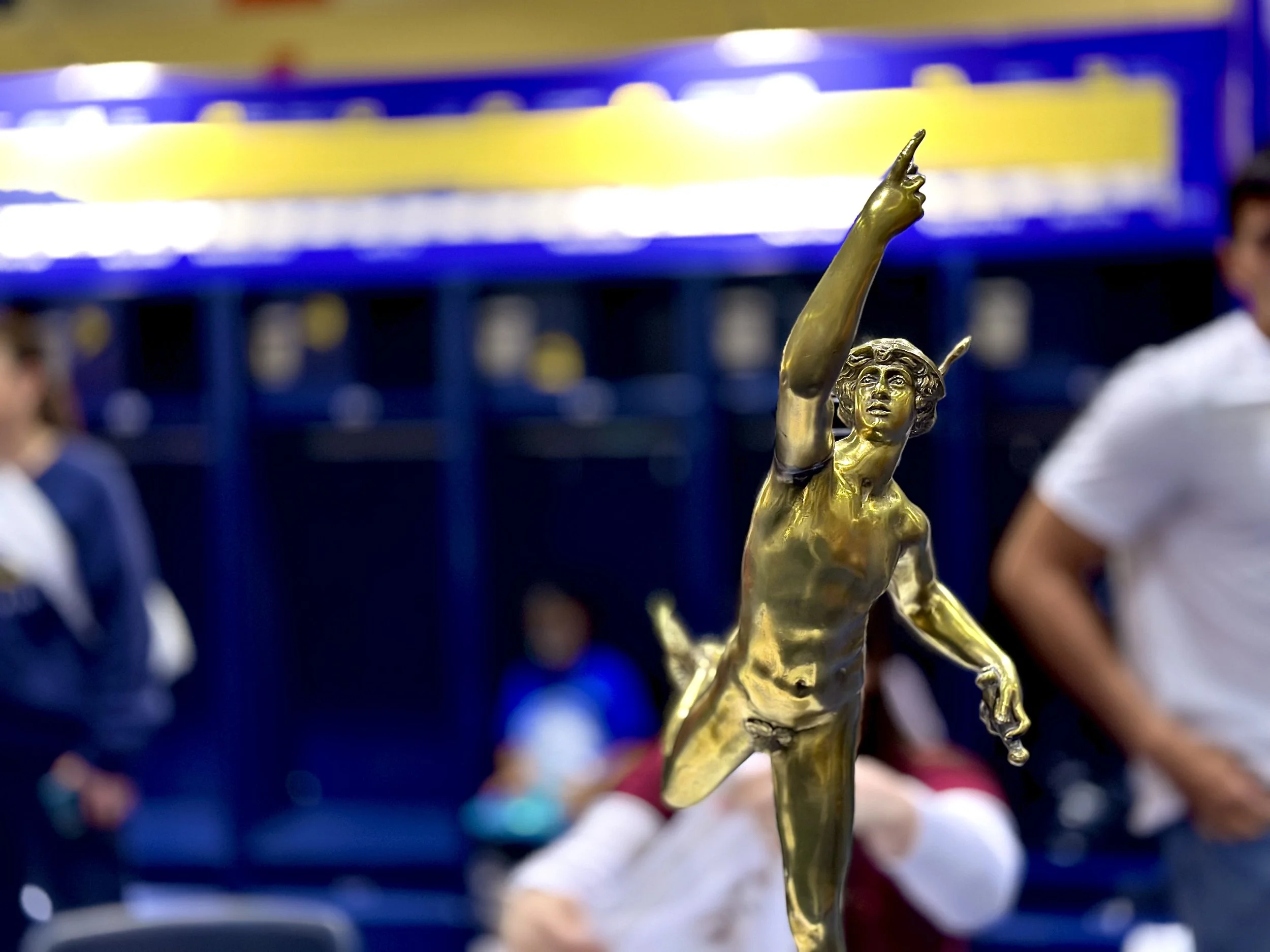
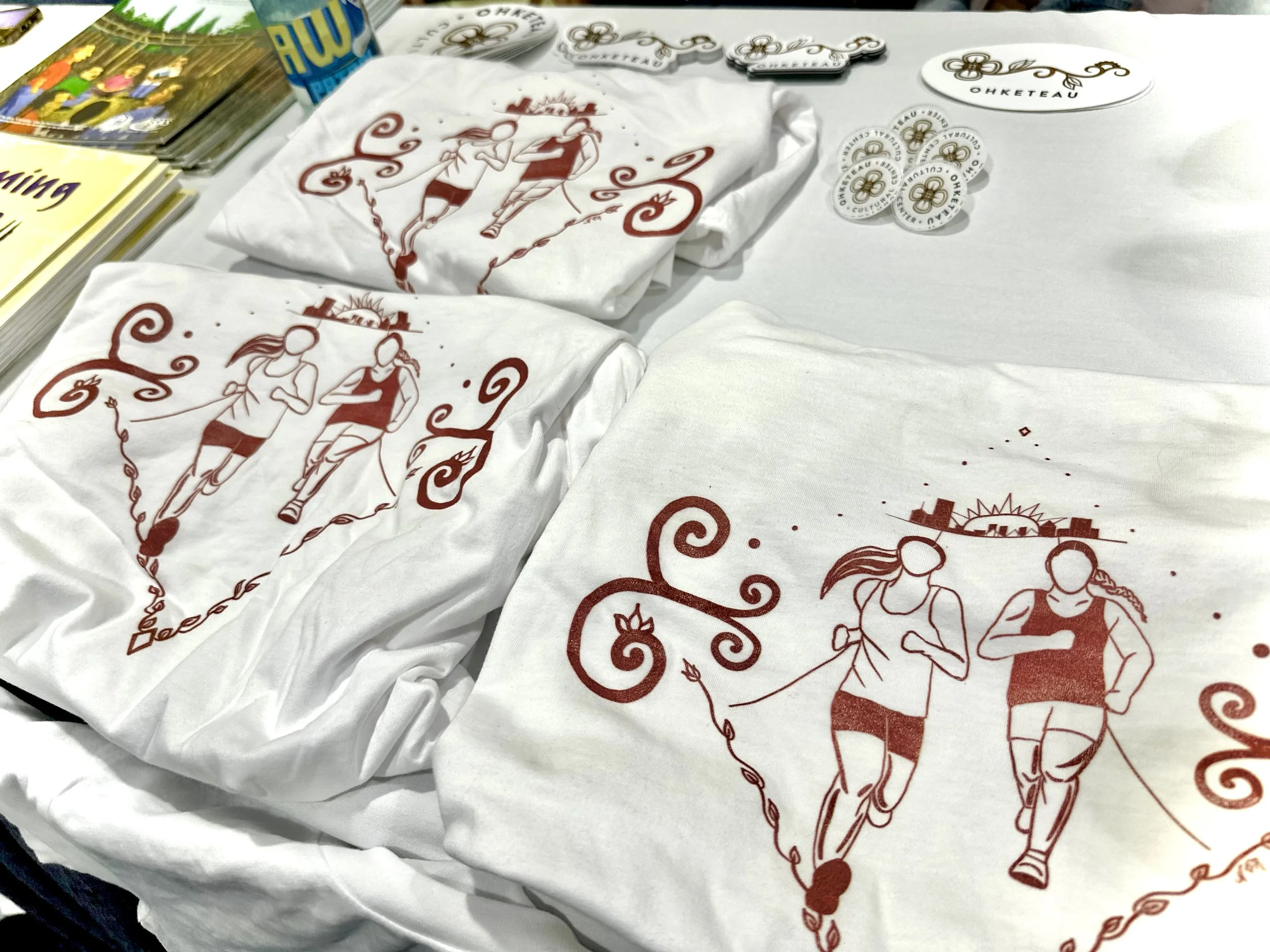
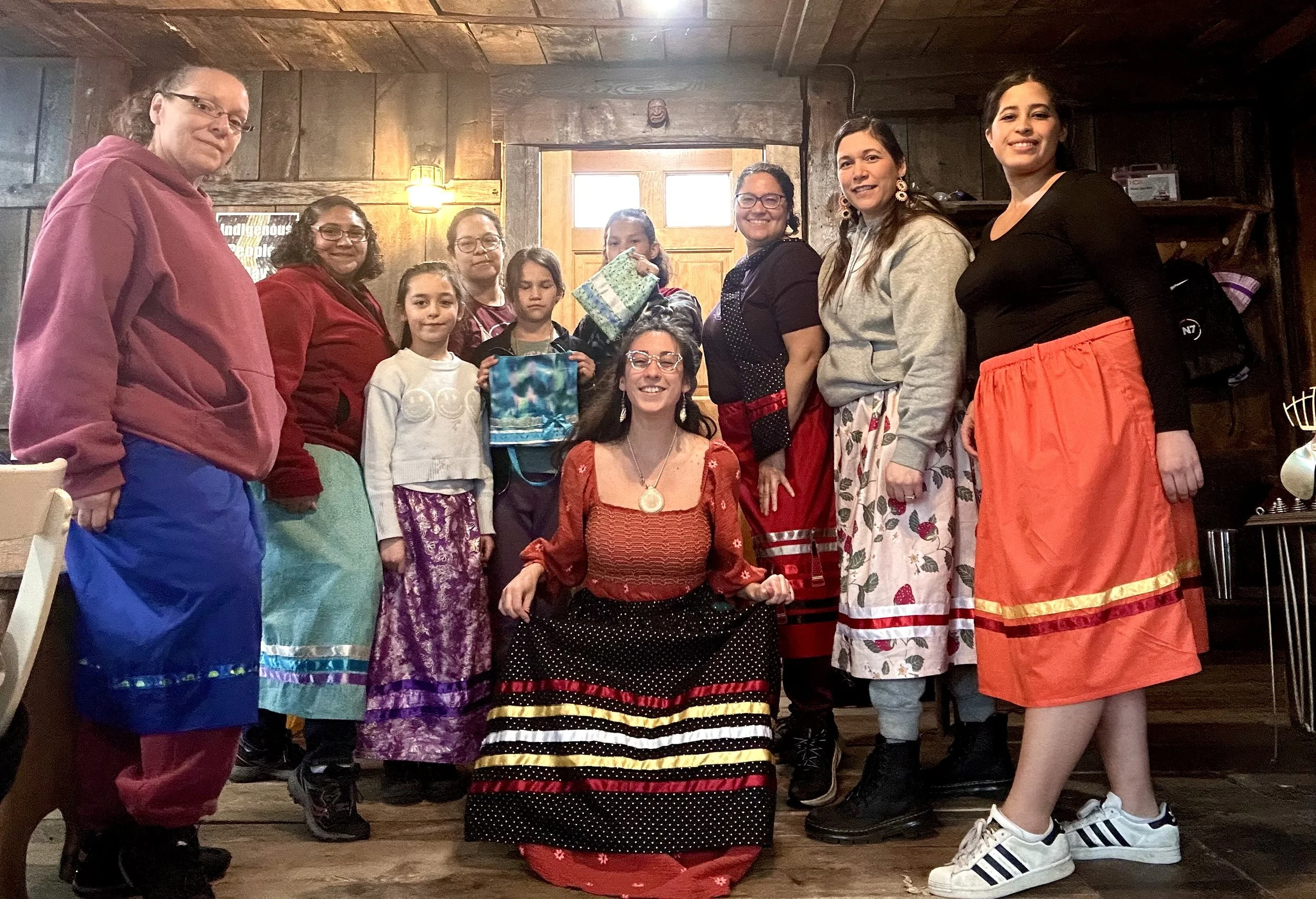

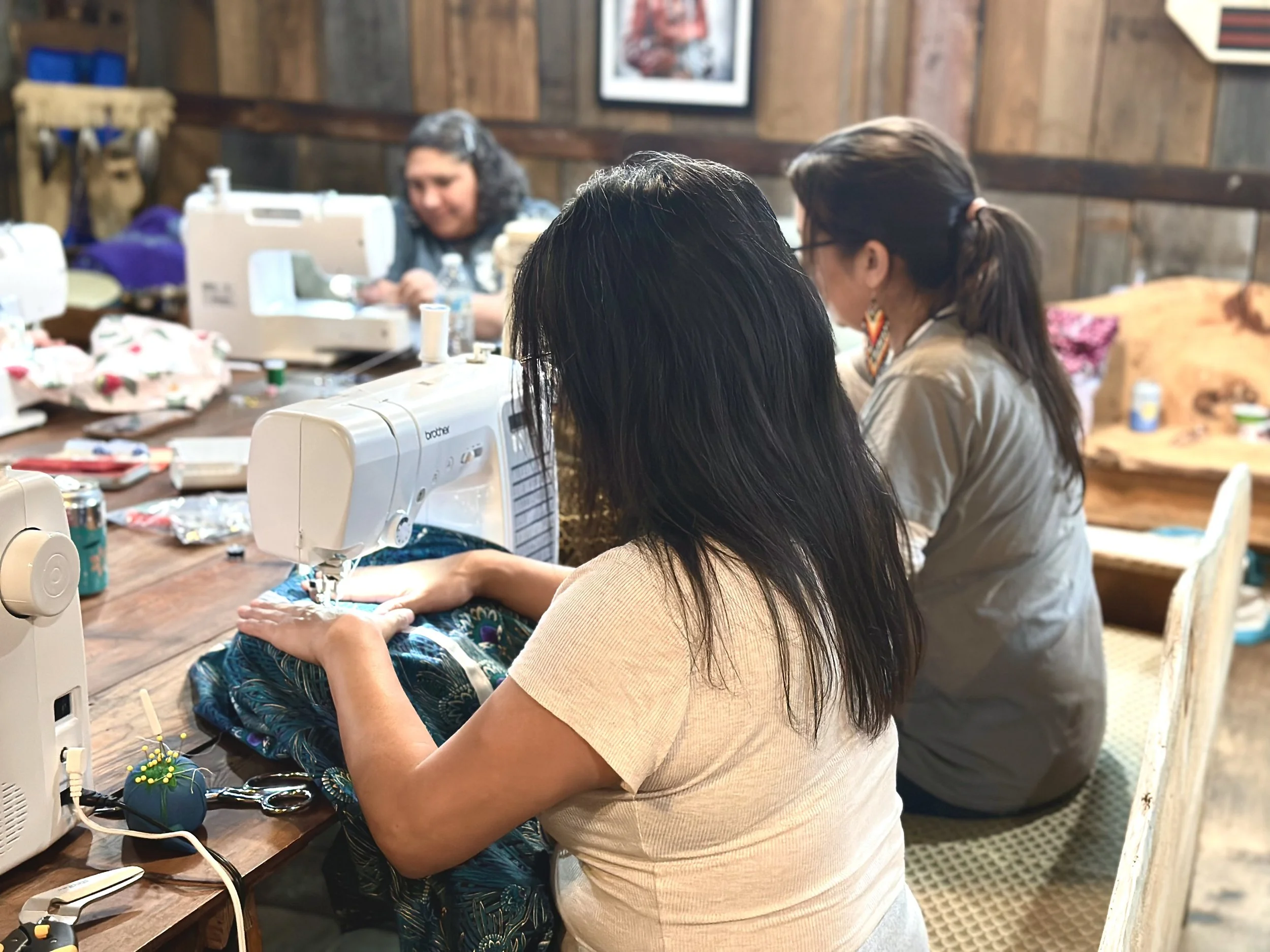
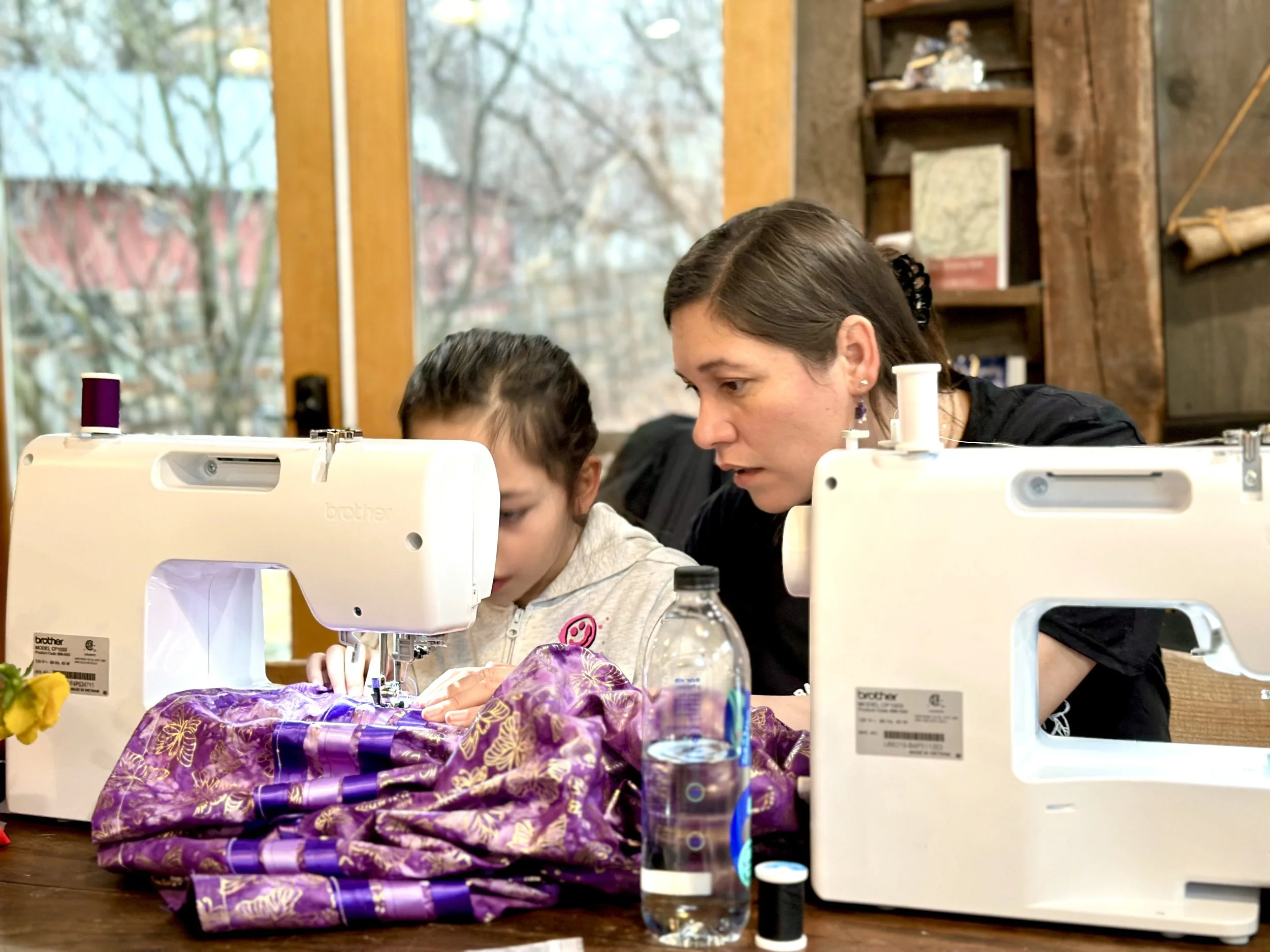
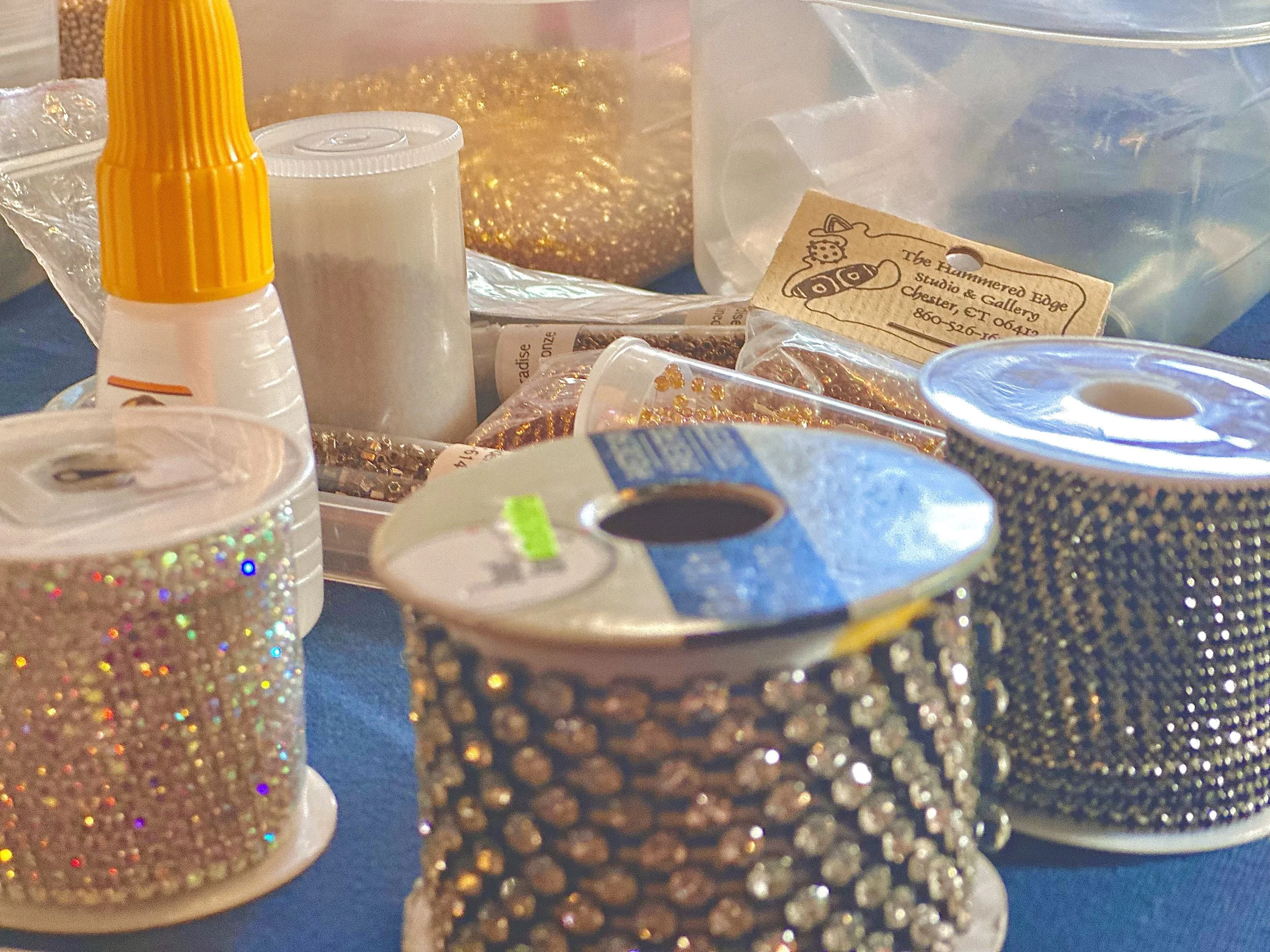
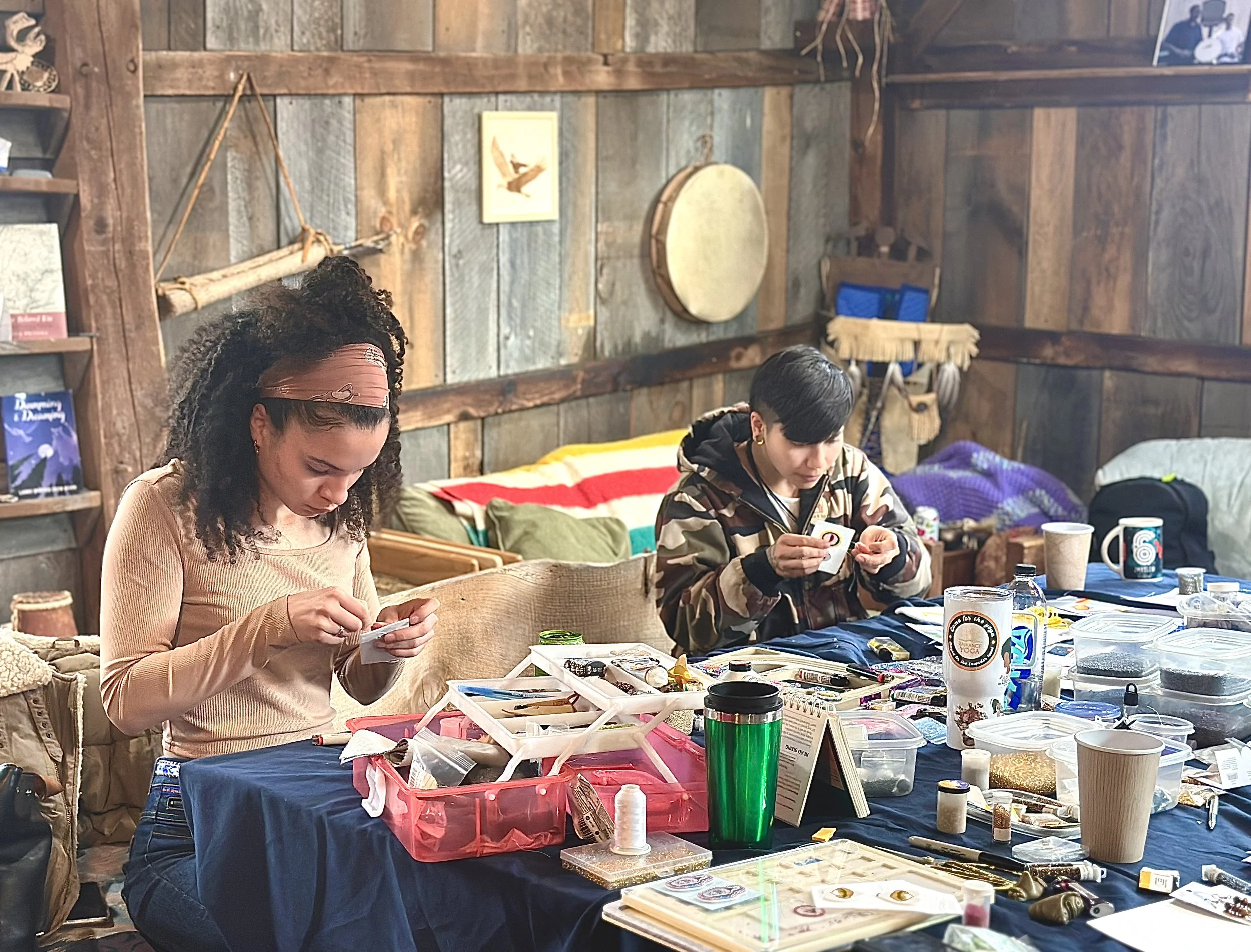
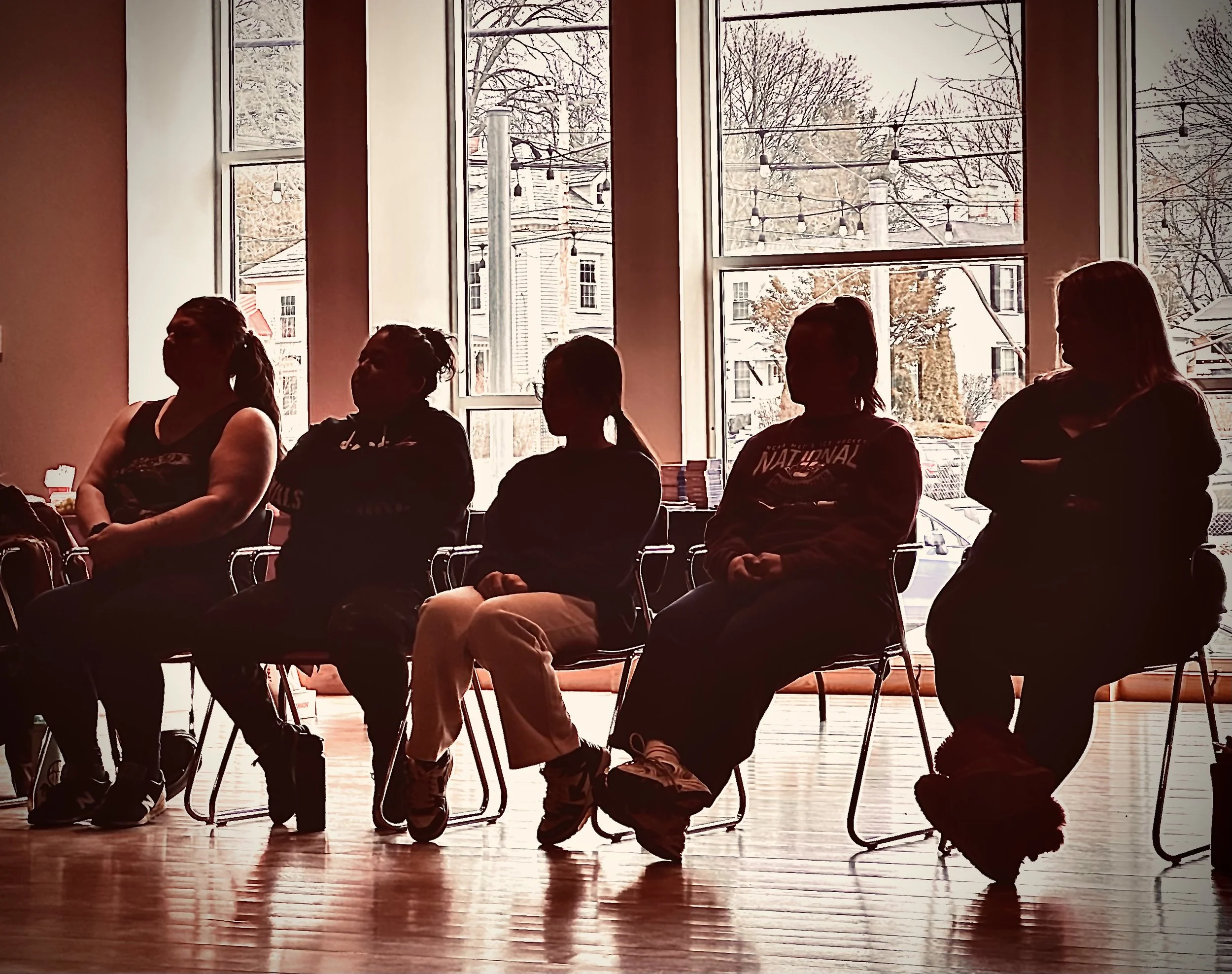
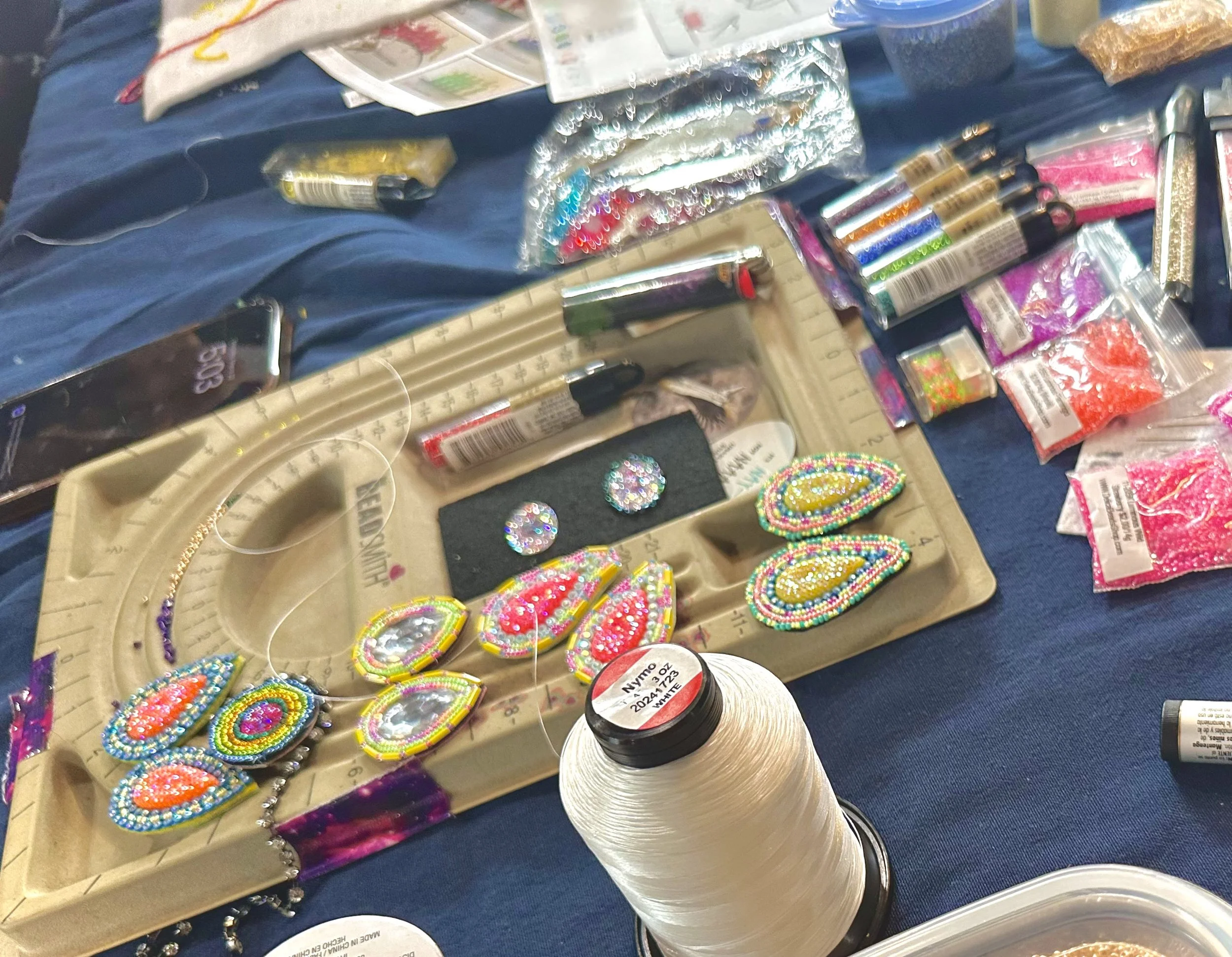
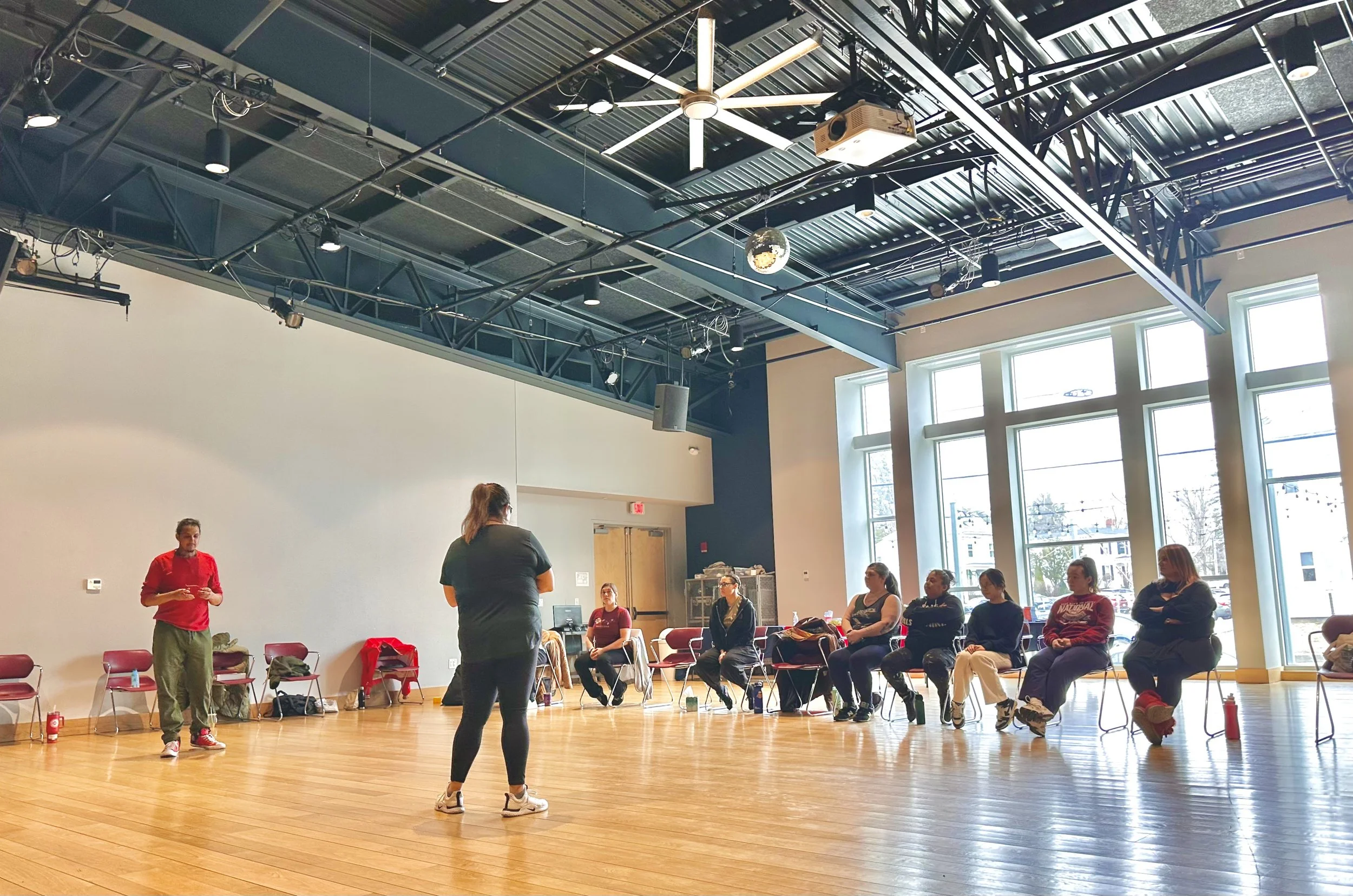
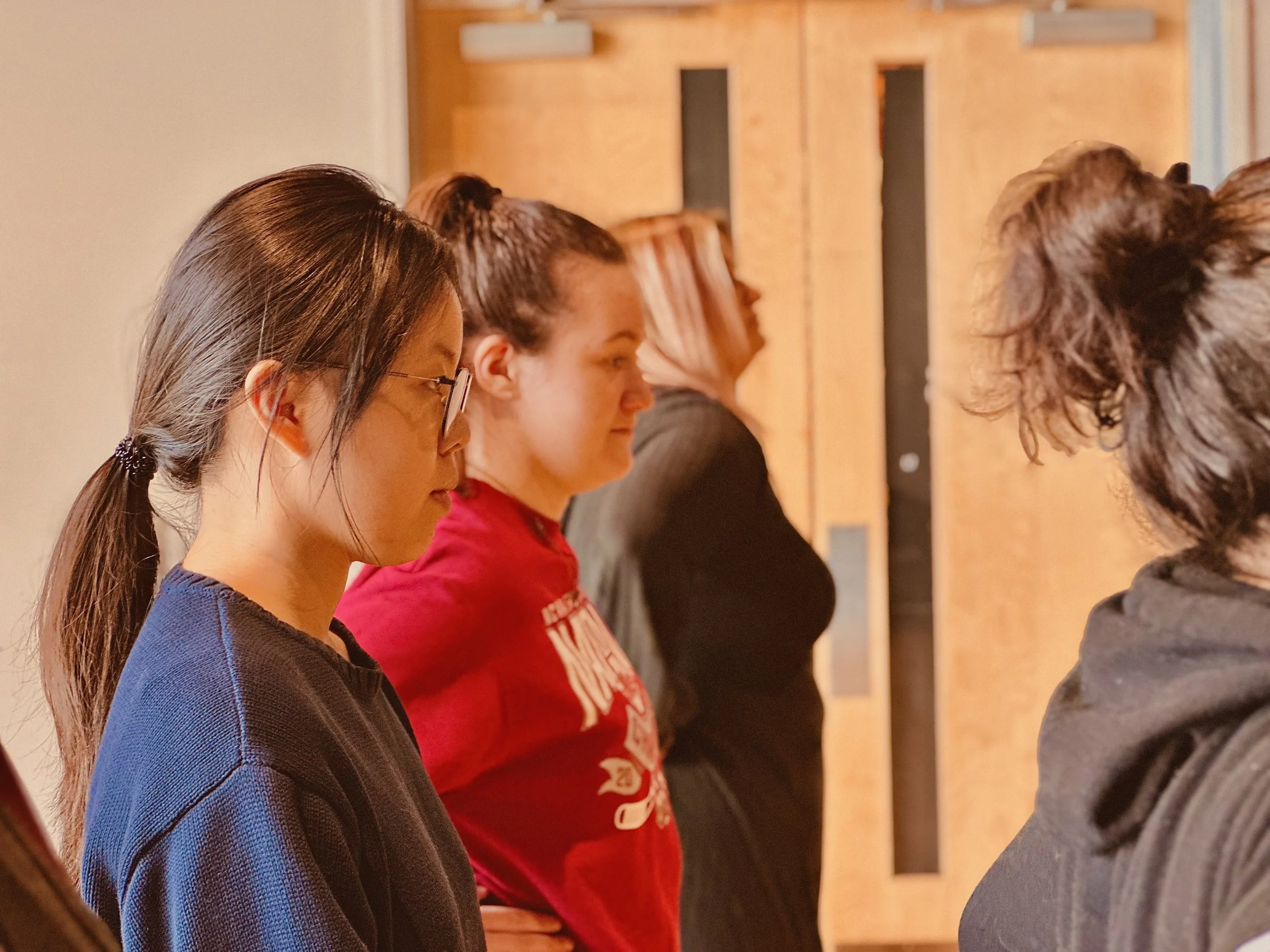
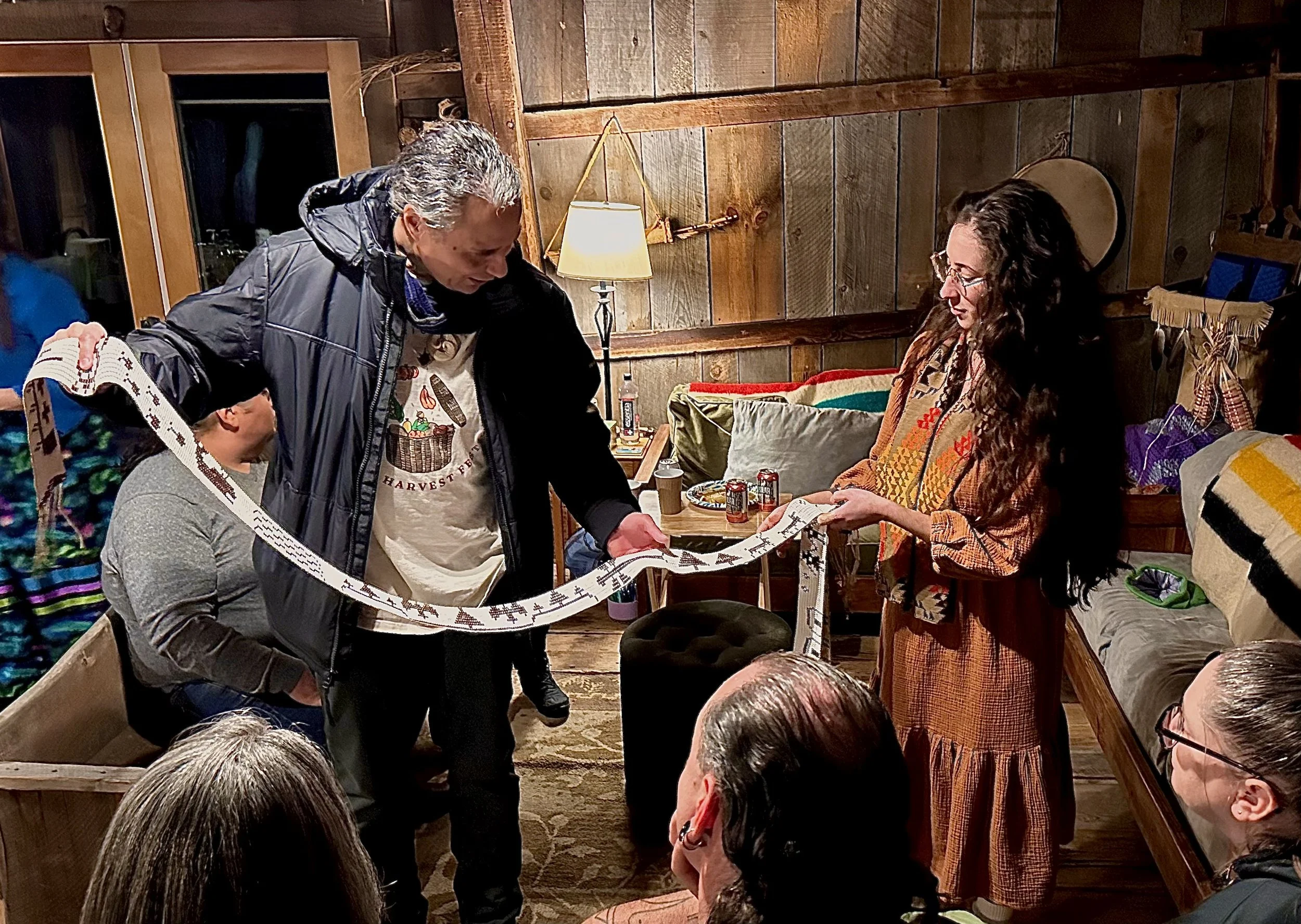
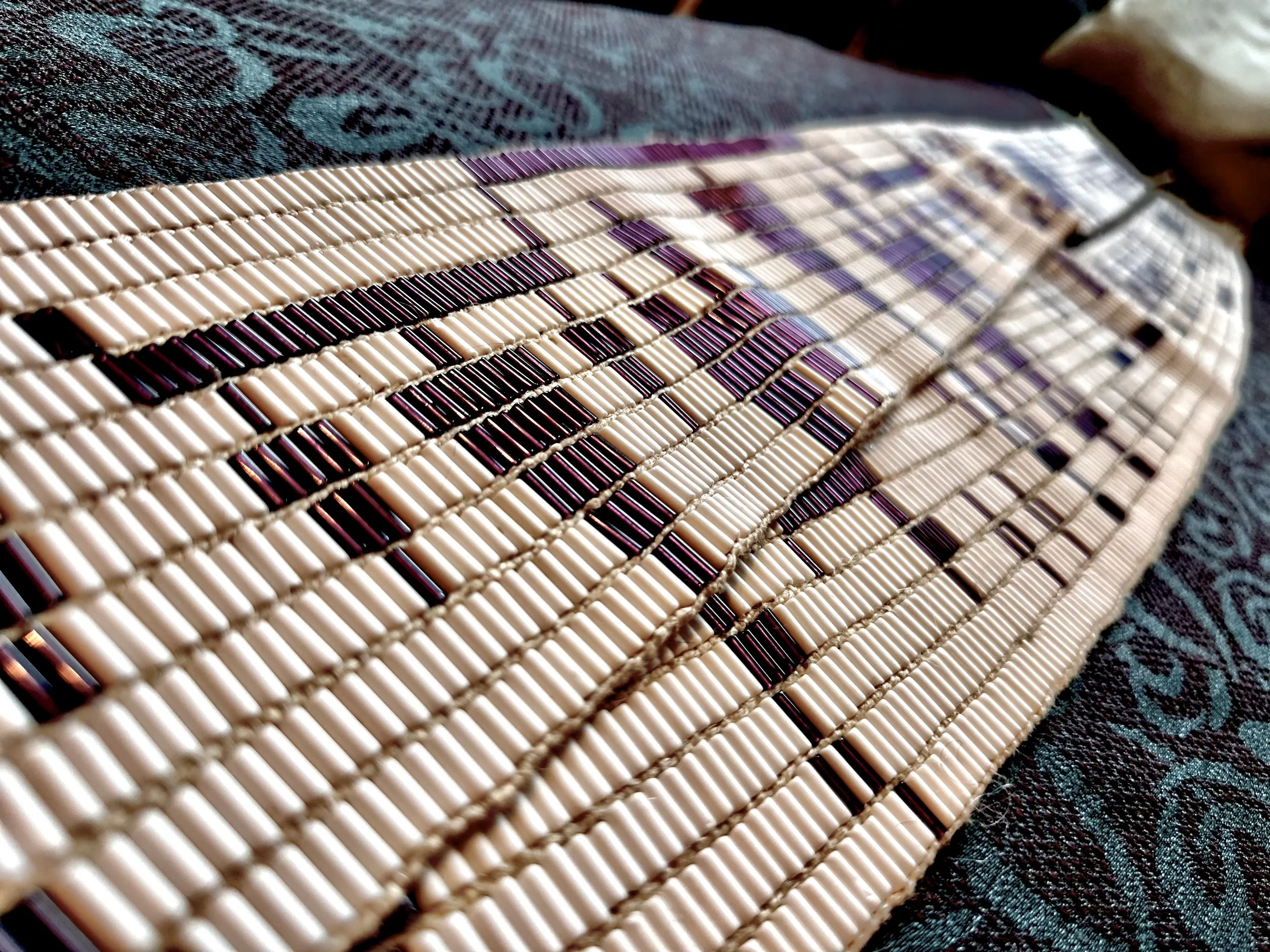

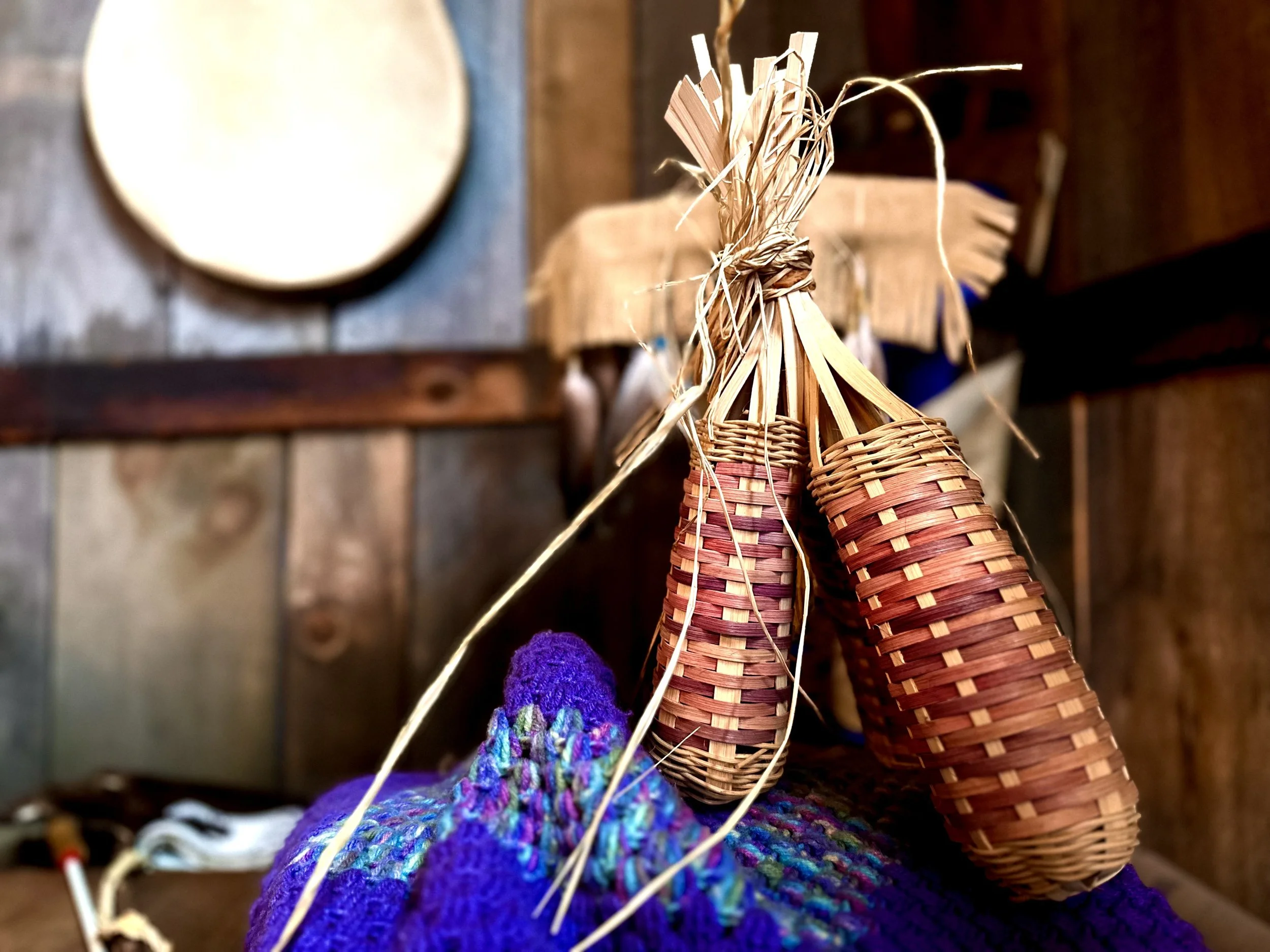
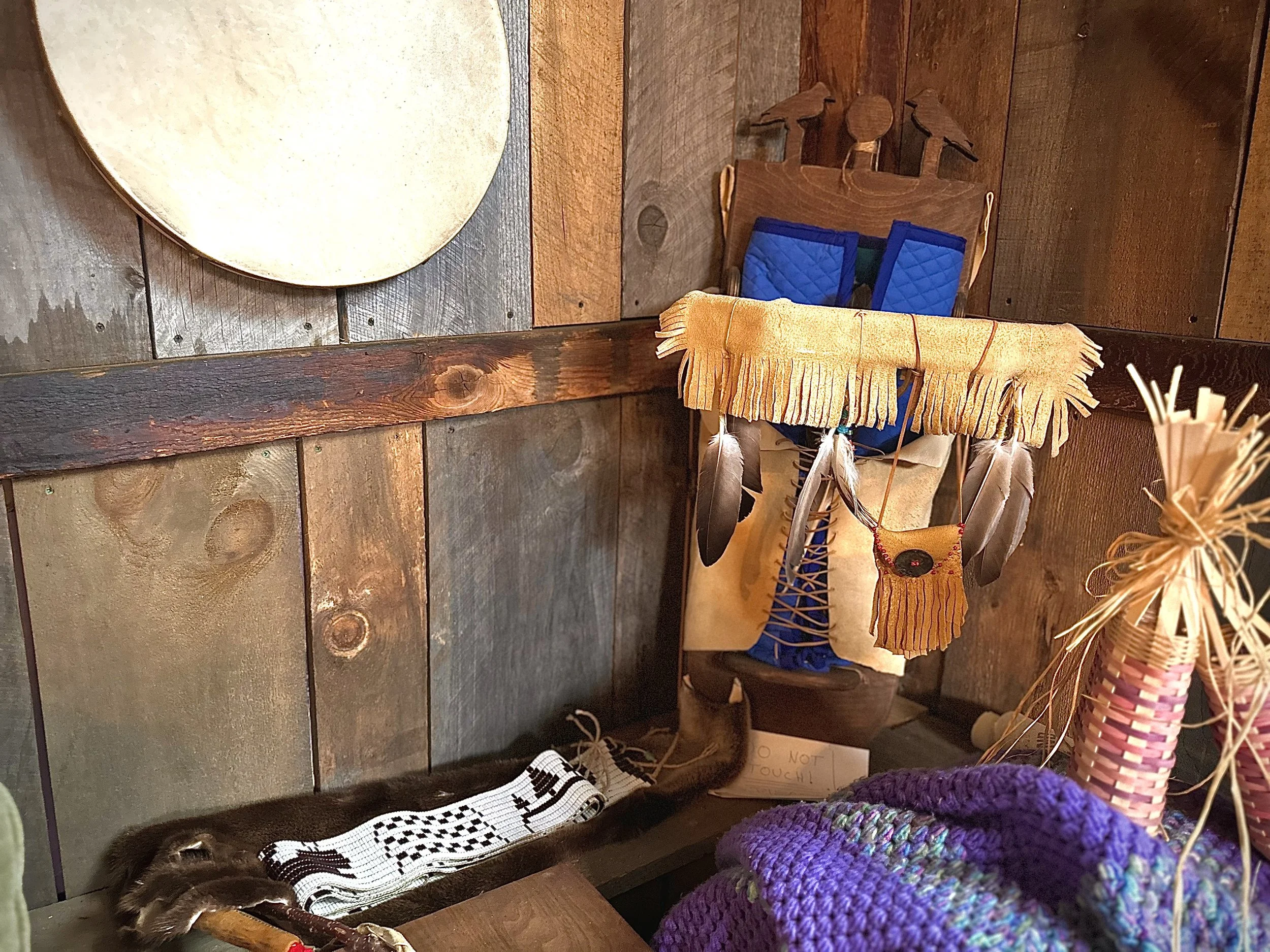
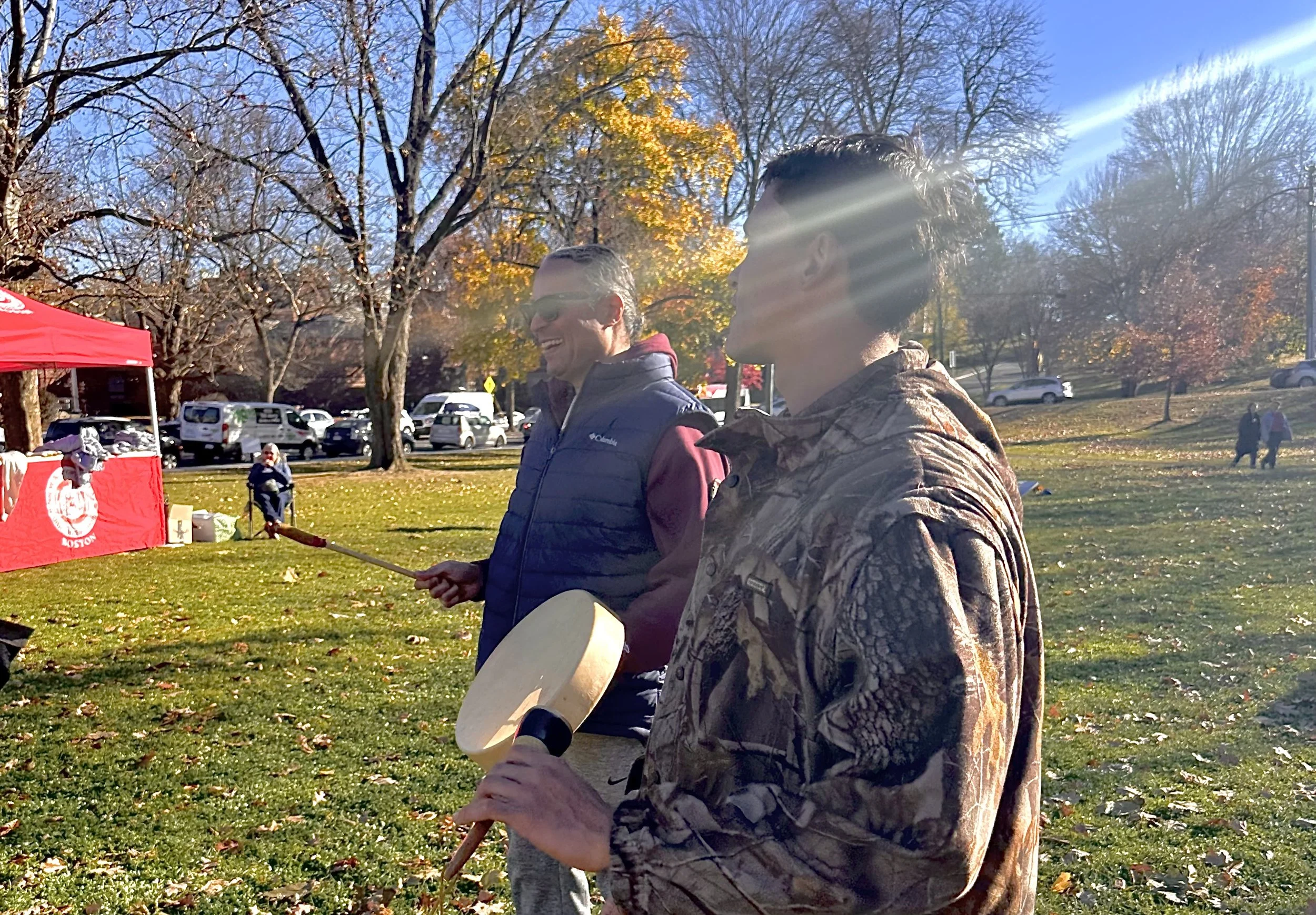
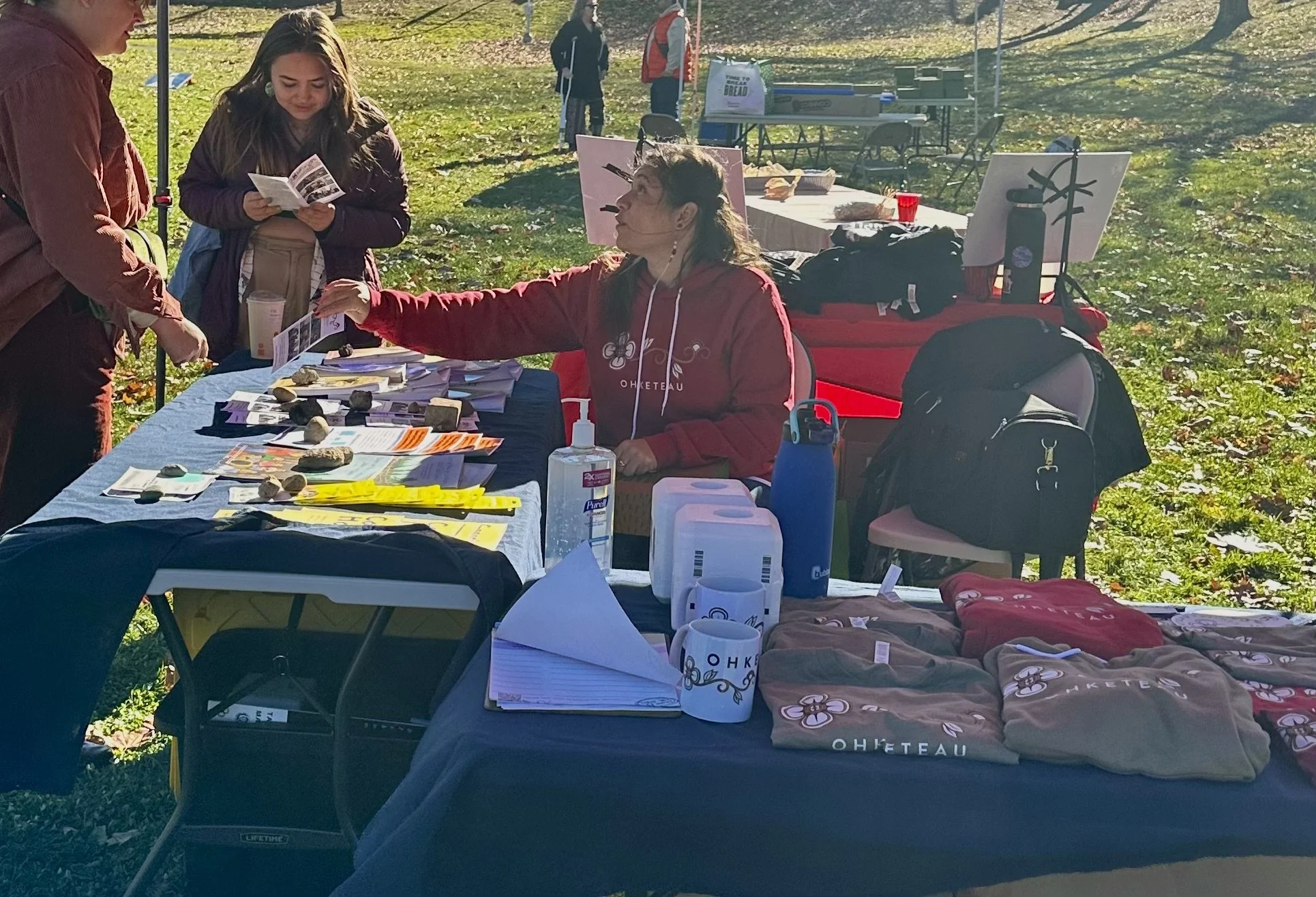
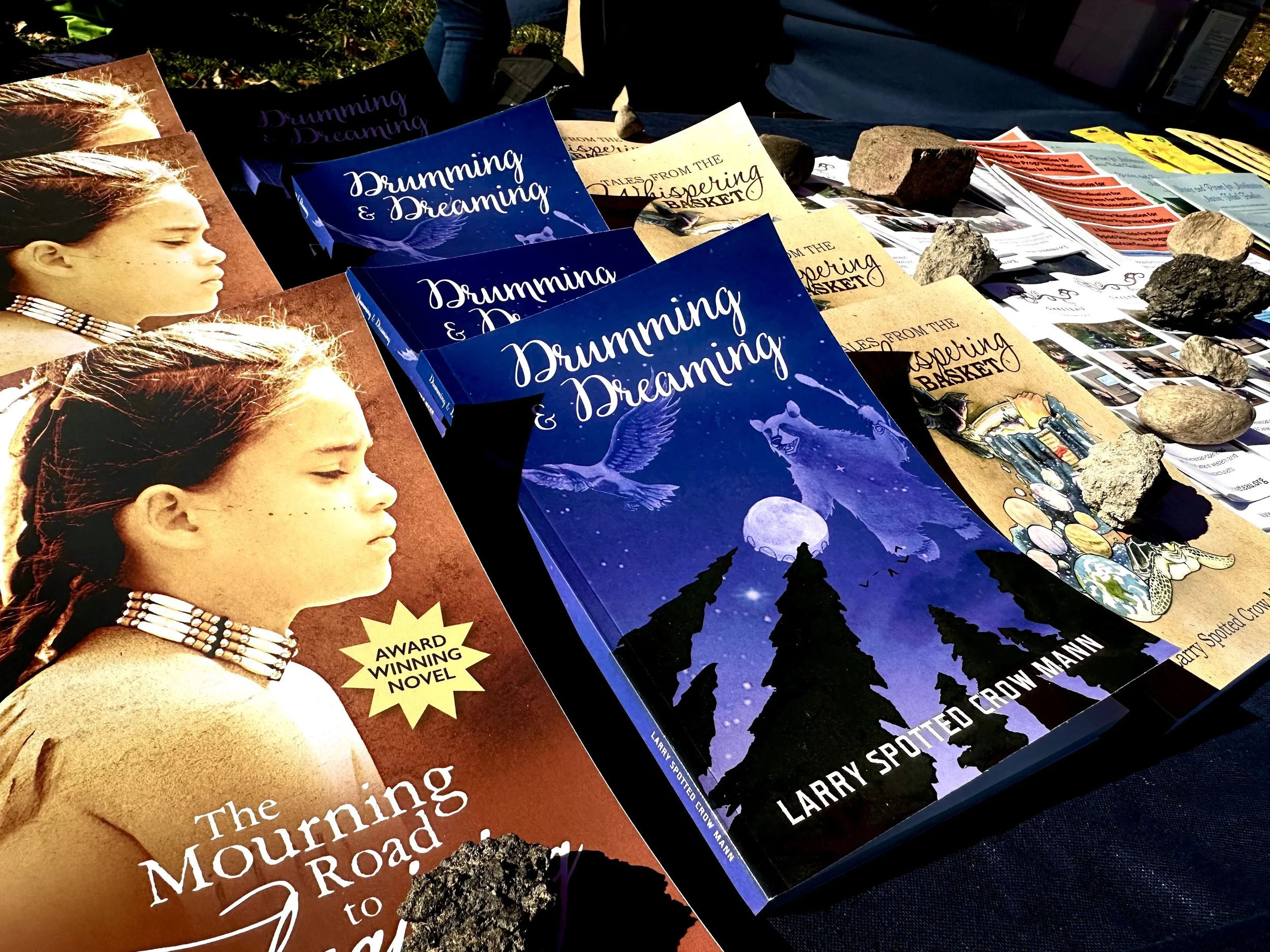
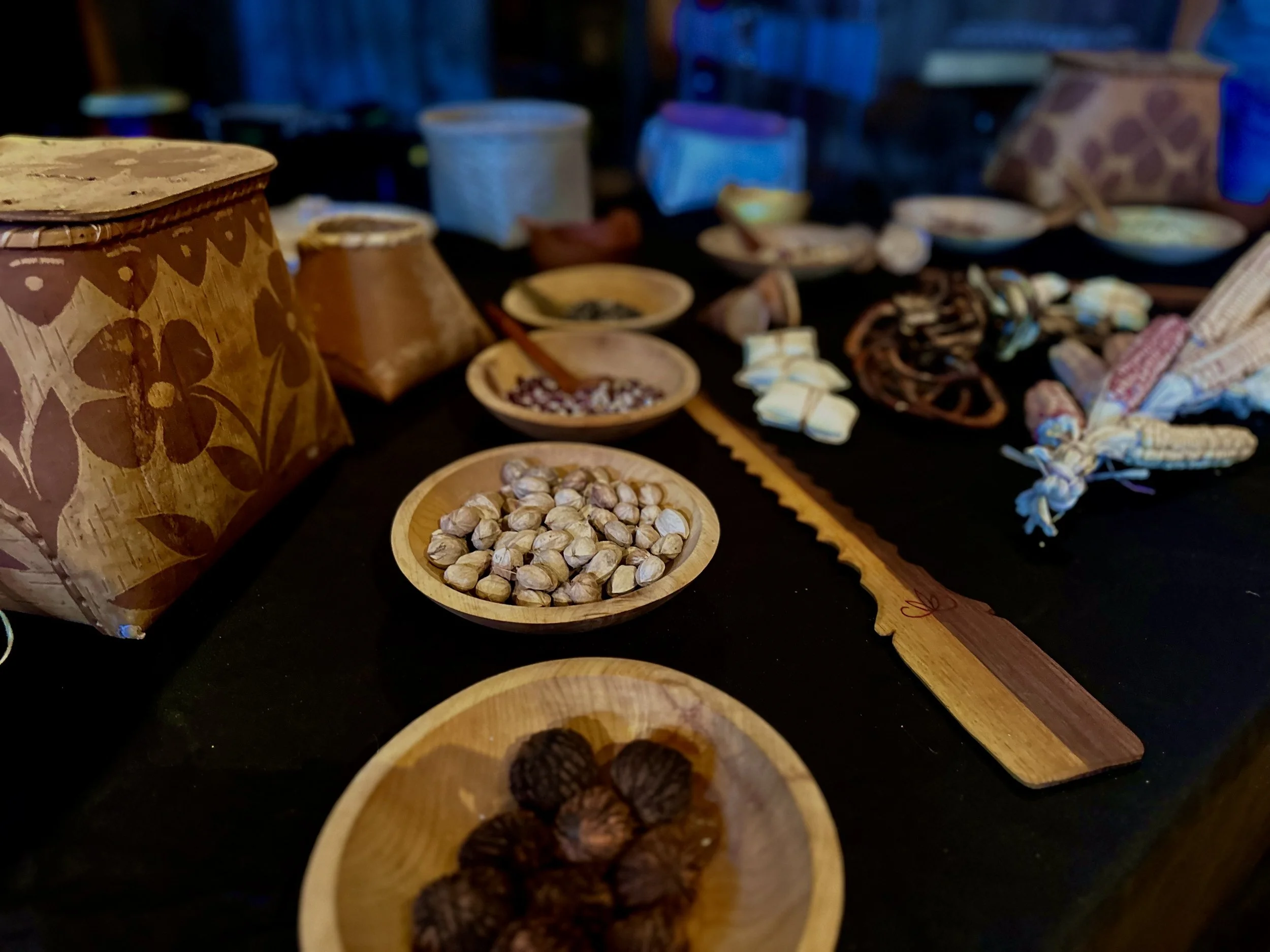
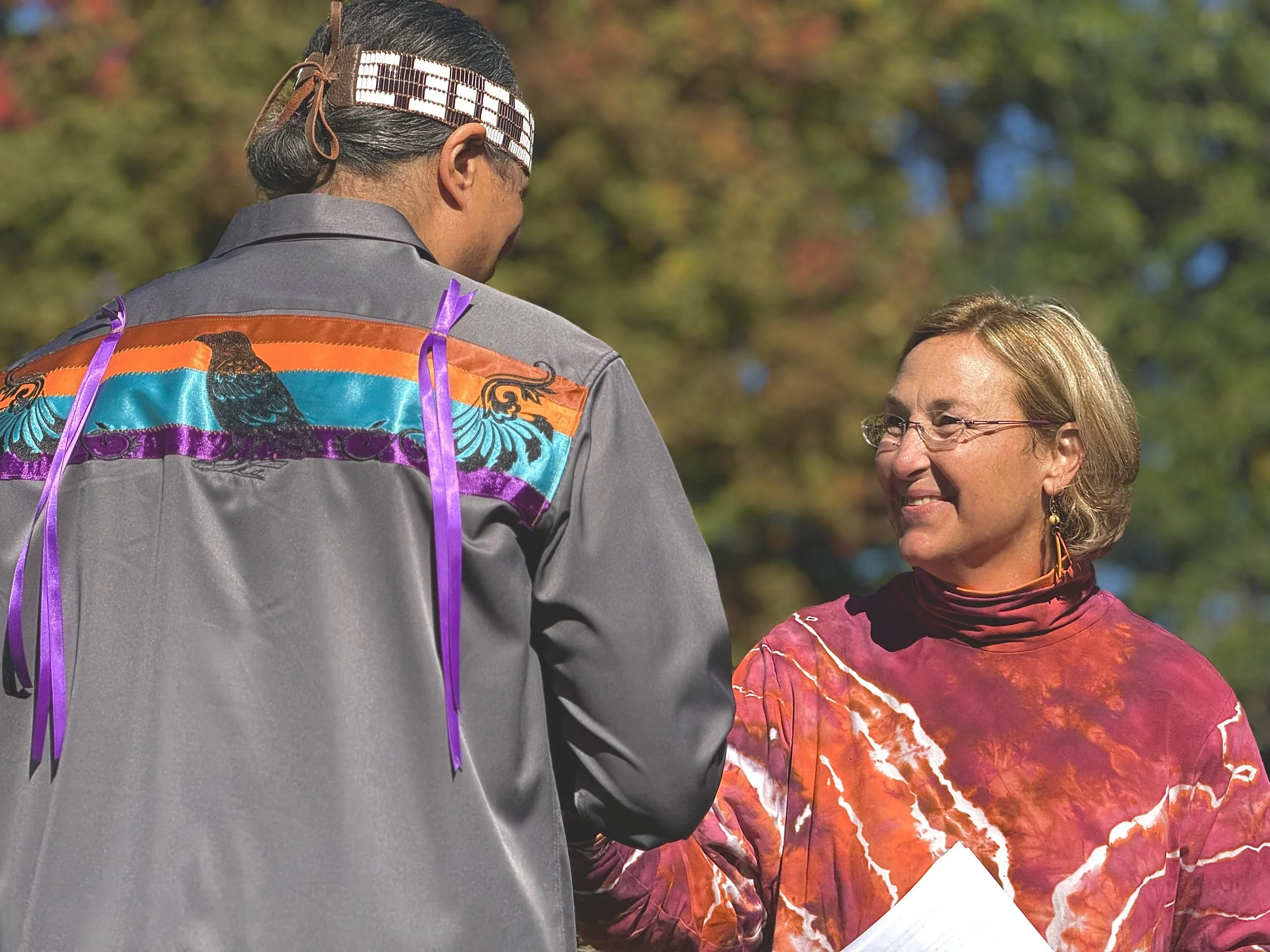

KOONEPEAM!
WELCOME!
Ohketeau Cultural Center
Ohketeau means ‘a place to plant and grow’ in the Nipmuc language, and it is the only Native founded and run cultural center in all of Central and Western Massachusetts. Since 2017, our work has focused on uplifting the voices of Native peoples and dismantling unjust frameworks, replacing them with accessibility, equity, dignity, and wellness for our Native communities. At Ohketeau we value community, Culture, collaboration and the overall health and wellbeing of all Indigenous Peoples from our youth to the Elders in our community. Our ancestral teachings intentionally center the importance of caretaking the land and our Traditional stories that have passed down orally, teach us that all life is sacred. The continuance of intergenerational practices of being in Right relationship and in reciprocity with the land which sustains us is at the foundation of the work at Ohketeau.
Bringing in and uplifting Indigenous Peoples who have a variety of skills to offer a multidisciplinary array of Traditional workshops that are open to individuals of all ages and their families is a big way we accomplish this mission. We also have had large events that spotlight Indigenous youth in showcasing both their traditional skills and their Indigenous interpretations of contemporary music, dance and art. Ohketeau does this work throughout the year, expanding and growing through multiple communities.
Ohketeau is a place for Indigenous community members to replace harmful narratives, stereotypes, and biases about Indigenous cultures and actively acknowledge and take steps to remove invisibility within mainstream settler society. We strive to illuminate the work of Indigenous artists, ancestors, culture-bearers, and activists, thereby expanding the Non-Native audience's worldviews. At Ohketeau, we actively create relationships of reciprocity with multiple organizations and allies.
In Nipmuc teachings, all life started on the back of a Turtle.
The Turtle is the symbol of Creators' Wisdom, patience, and longevity. Turtle also represents Mother Earth in all her sacredness and beauty. The main portion of Turtle’s back are 13 sections, these sections align with the 13 Moons that have guided our ceremonies since the beginning of time. Turtle is one of the ancient Clans of the Nipmuc people.
The majority of Nipmuc people today carry the Turtle Clan lineage. As life started in the East, Turtle looks to the East to Welcome All of Creation. Turtle welcomes you to Ohketeau: a place for something to grow.
“And so let us align ourselves with that creative power and spirit of Turtle and see what we can create together.”
